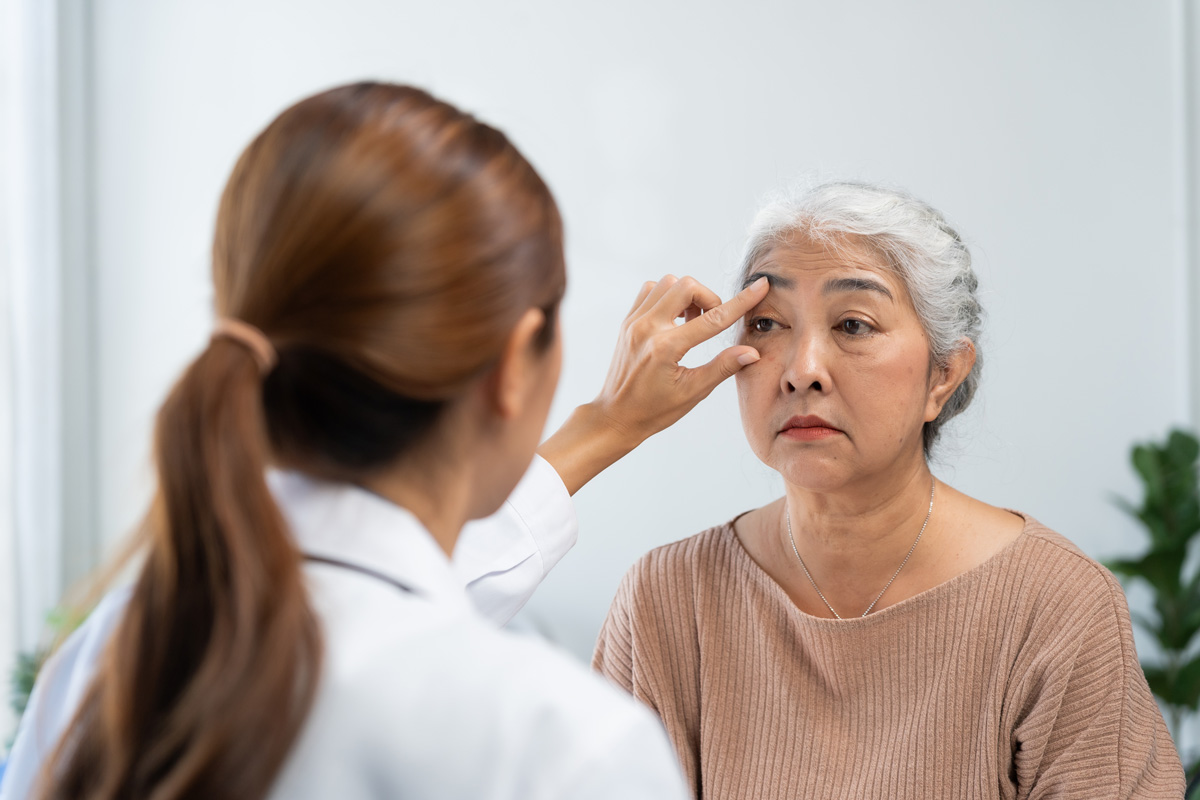
Glaucoma: The Silent Thief of Sight Explained
What is glaucoma, and what are its risks? Are there any symptoms, as well as treatments that can protect vision before there is permanent damage? Here we’ll learn all about it and answer questions you may have.

How Winter Dehydration Impacts Eye Moisture
Table of Contents Introduction Winter is a time for snuggly sweaters and hot chocolate, but it also affects your vision health. Cold air outdoors and

Year-End FSA Spending: Why Now Is the Time to Book Your Eye Exam
To protect your vision, don’t forget to use your FSA at Golden Vision for your eye exam before the end of the year.
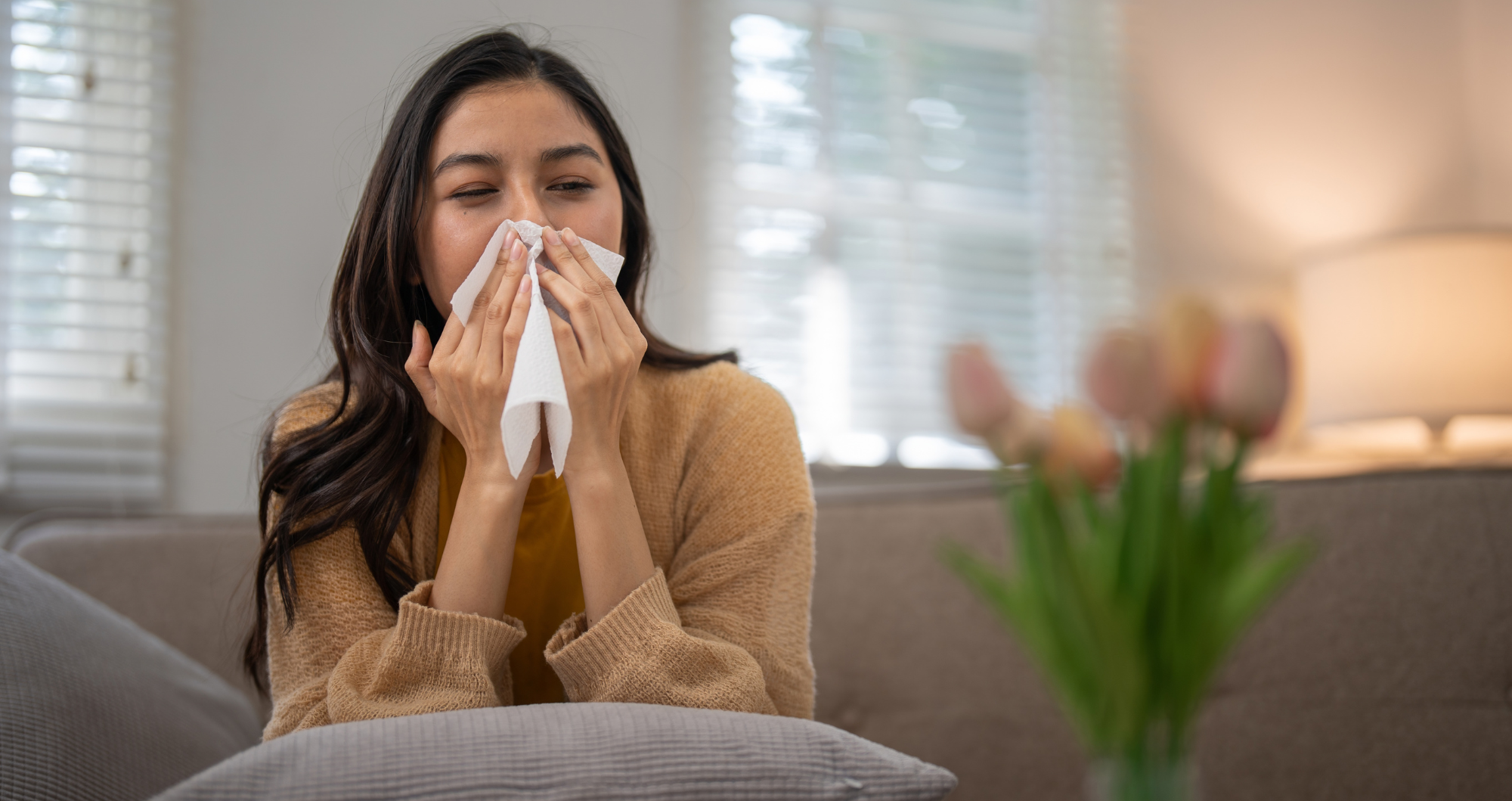
The Link Between Seasonal Allergies and Eye Irritation in Winter
Table of Contents Introduction Although we often associate winter with happy holidays, the flip side for many people is seasonal allergies. Although we generally think
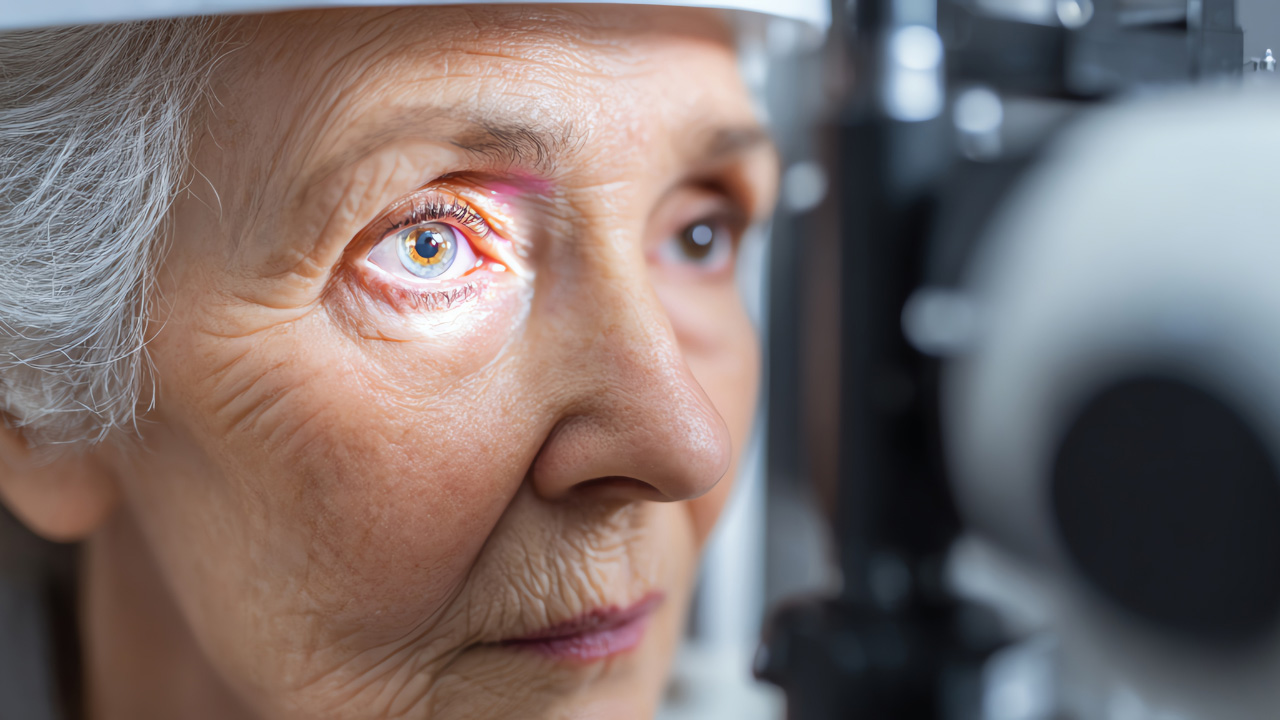
What Is Diabetic Retinopathy? Early Signs You Should Never Ignore
Table of Contents Introduction Diabetic retinopathy is a very common complication of diabetes, and one of the main causes of loss of vision for adults.

Screen Time and Seasonal Blues: Protecting Your Eyes from Digital Eye Strain
Table of Contents Introduction These days, we spend a great many hours looking at our computers, tablets, and smartphones. Although technology keeps people connected and

How Diabetes Affects Your Eyes: What You Need to Know
Here we’ll explain the ways diabetes can affect your eyes, warning signs to look out for, as well as useful tips that will help protect your vision and your eye health.

How to Choose Eyewear for Your Face Shape
Find glasses that feel good, are flattering, and express your very own style.
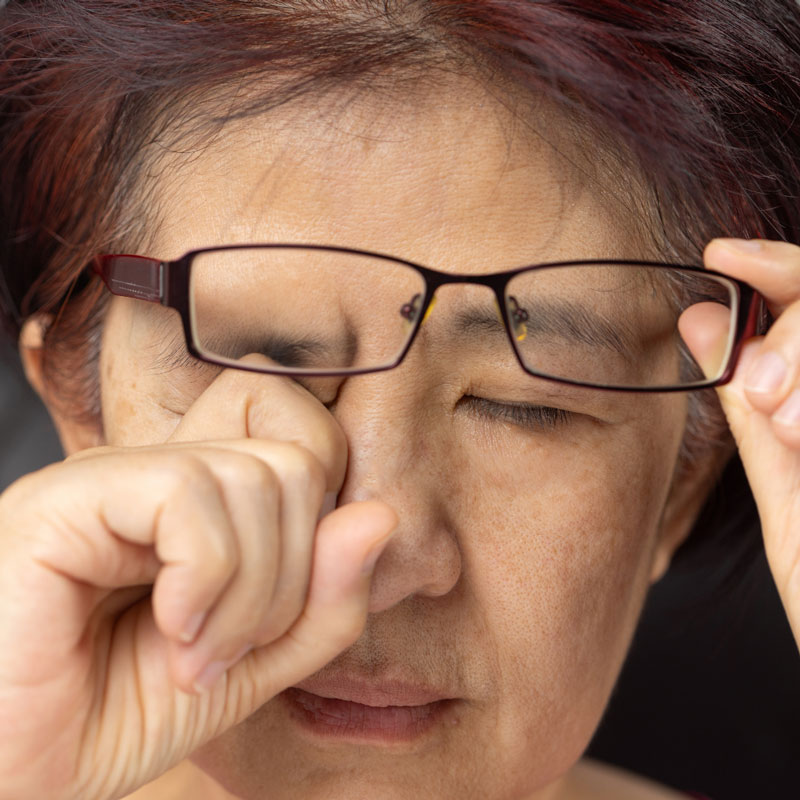
Understanding Dry Eye Syndrome: Causes, Symptoms, and Relief
See comfortably again! Golden Vision’s dry eye treatments, tailored just for you, can offer long-term, healthier, and more comfortable vision. Book your consultation now.
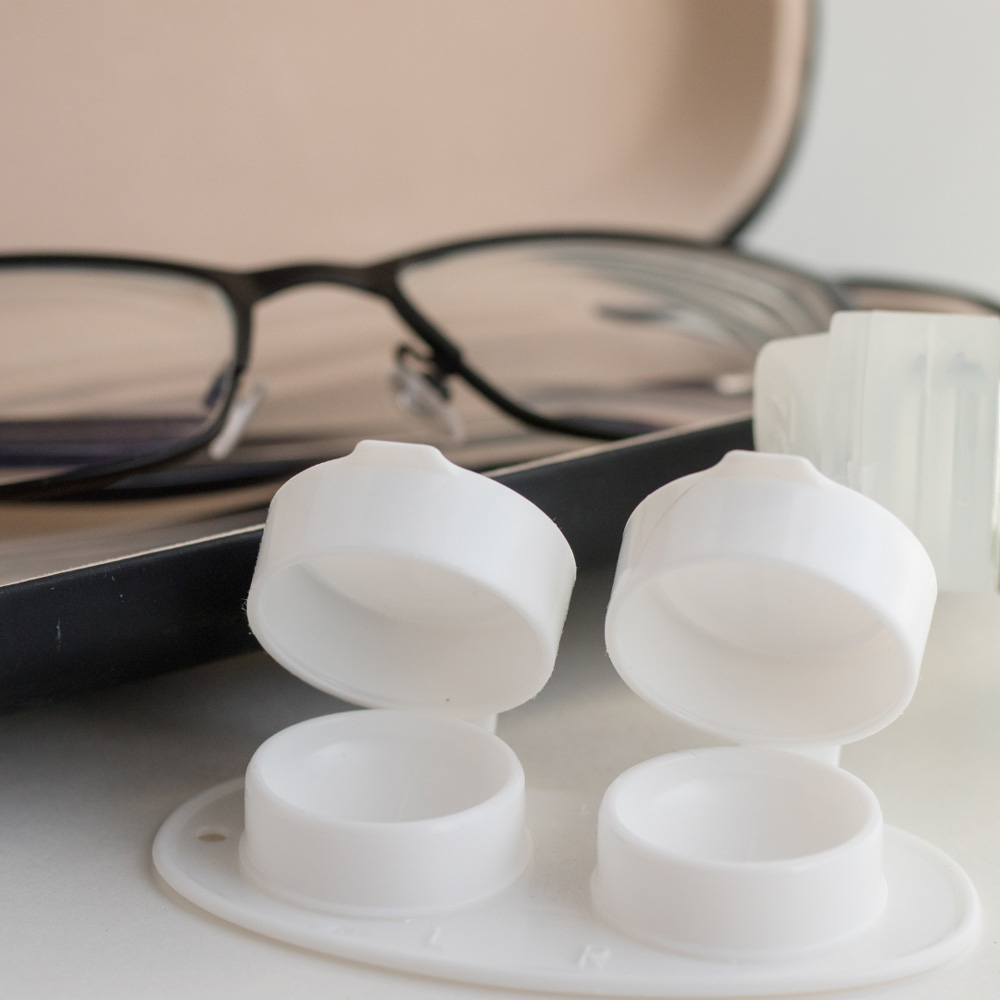
Contact Lenses vs. Glasses: Which Is Right for You?
Discover the main differences between regular eyeglasses and contact lenses. Here, we’ll explain the benefits of each, provide suggestions for the best choices for your eyesight, as well as your lifestyle.
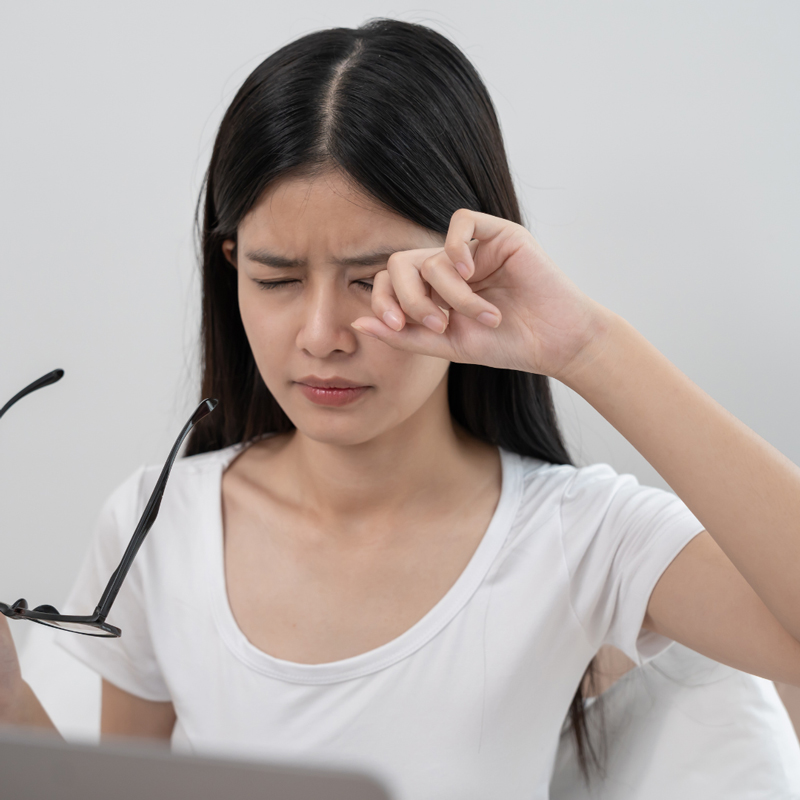
Eye Injury Prevention Month
Learn to protect your vision from injury and know when it’s time to get professional eye care to keep your eyes as healthy and safe as possible.
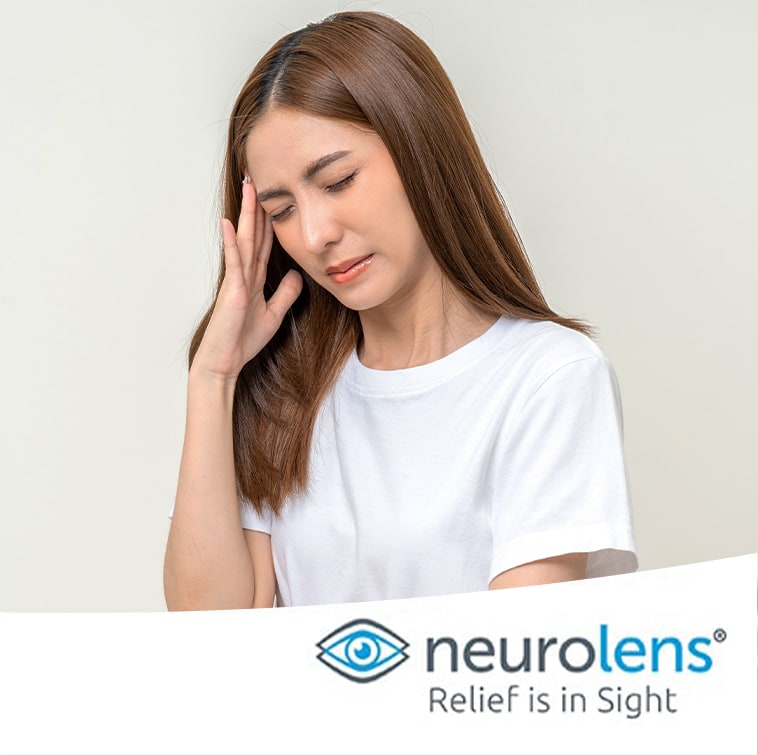
Eye Misalignment Explained: How Neurolens Provides Relief
Are you suffering from headaches or eye strain? Here we’ll explain how Neurolens can correct eye misalignment for clear, comfortable vision.

Hyperopia vs. Myopia vs. Astigmatism: The Key Differences & Treatment Options
Table of Contents Introduction Hyperopia, myopia, and astigmatism are common vision issues that are experienced by millions of people all over the world. While all

How Your Eyes Change with Age
Table of Contents Introduction Close Reading, difficulty with night vision, or colors seeming less bright can be normal signs of aging. Other issues, however, might

Screen Time & Eye Health: What You Should Know
How can you protect your vision? How does screen time affect the eyes? In this blog, we’ll answer these questions for you.
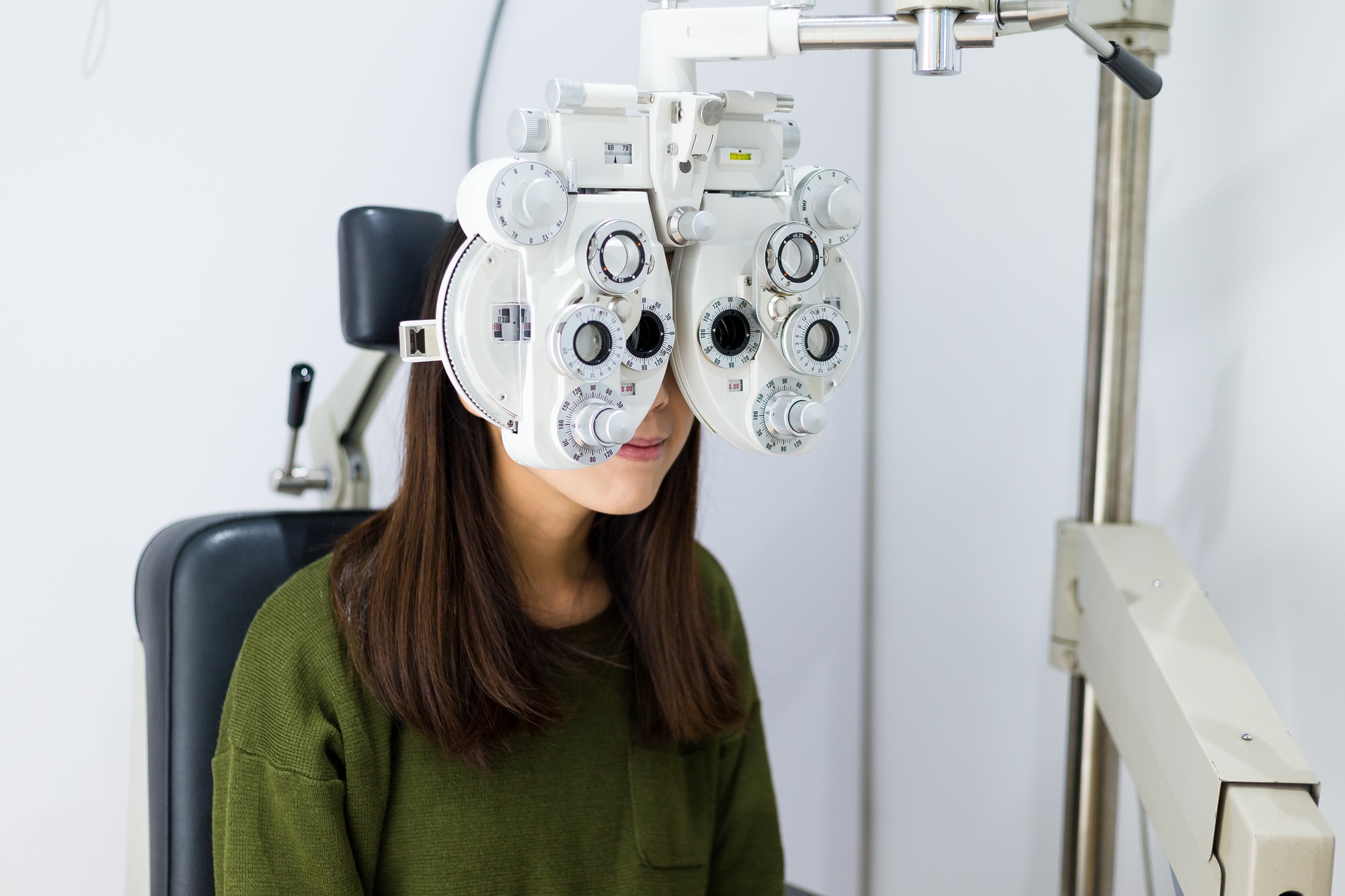
What to Expect During a Comprehensive Eye Exam
Here we’ll explain how to prepare for it and why having regularly scheduled checkups can protect your vision and your general eye health.

Back-to-School Eye Exams: Why Your Child’s Vision Matters More Than Ever
This is a good time to schedule a back-to-school eye exam appointment, as it allows for the detection of any eyeight problems your child may have at an early stage.

How to Protect Your Eyes from UV Damage
In this article, we explain the best ways to safeguard your vision from harmful UV rays, as well as the best sunglasses to choose.

Nutrition and Eye Health: What to Eat for Better Vision
Can good nutrition help protect your eyes as you age? What foods should you choose that can help avoid eye strain? Here we’ll answer your questions and help keep you on the road to healthy eyesight.
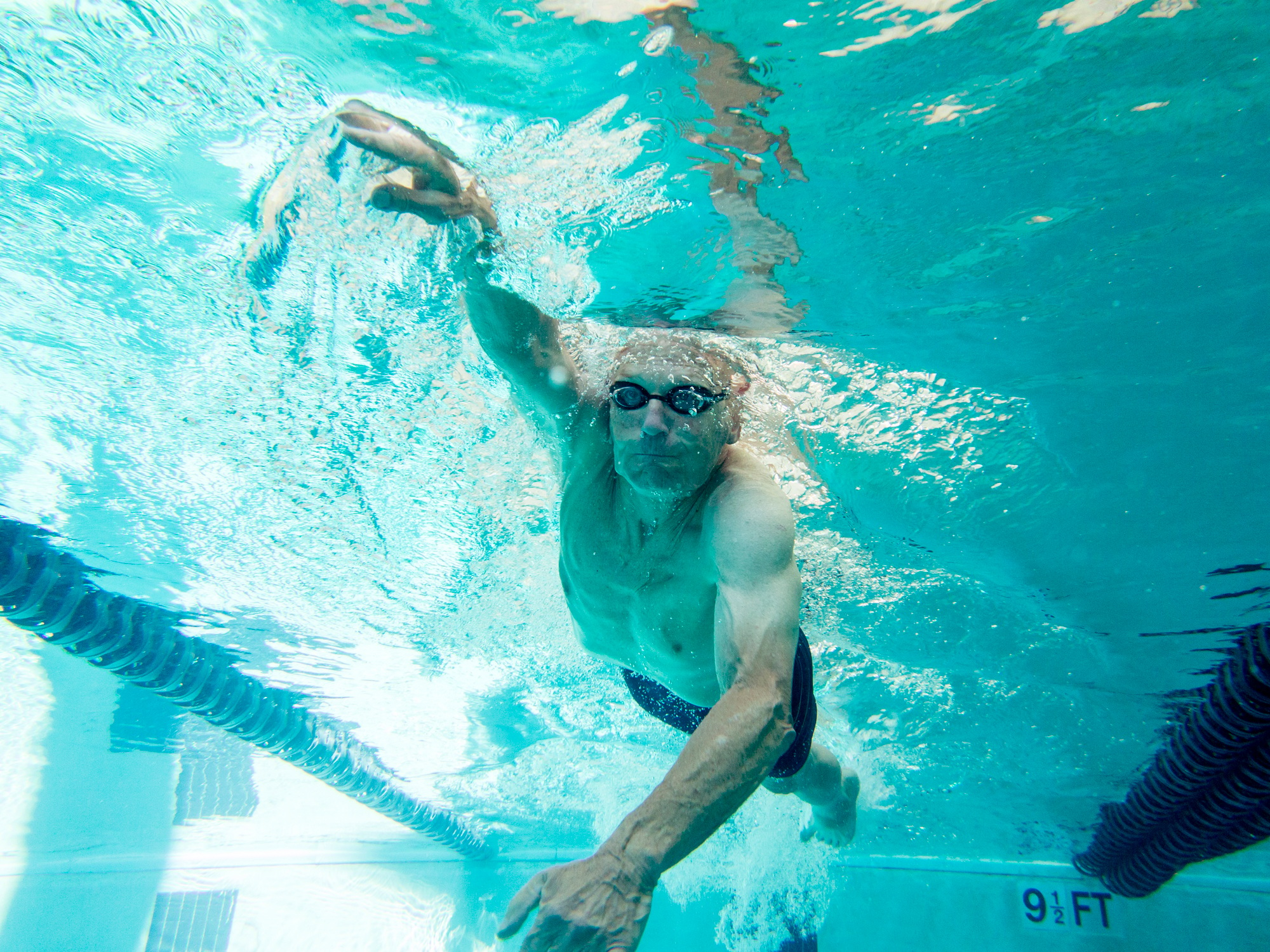
How to Prevent Eye Infections While Swimming This Summer
Here are some tips from Golden Vision Optometry that can help you prevent your eyes from becoming infected while you practice safe swimming this summer.

Everything You Need to Know About Cataracts
Although cataracts are quite common, many people don’t really know very much about them. Here we’ll explain what they are, what causes them, what symptoms you should be aware of, available treatments including cataract surgery, as well as recovery from this surgery.

What’s the Difference Between Bifocals and Progressive Lenses?
Bifocals, Progressives? What’s the difference? Here, we’ll explain why they are different and how we can help you choose the ones best suited for you.
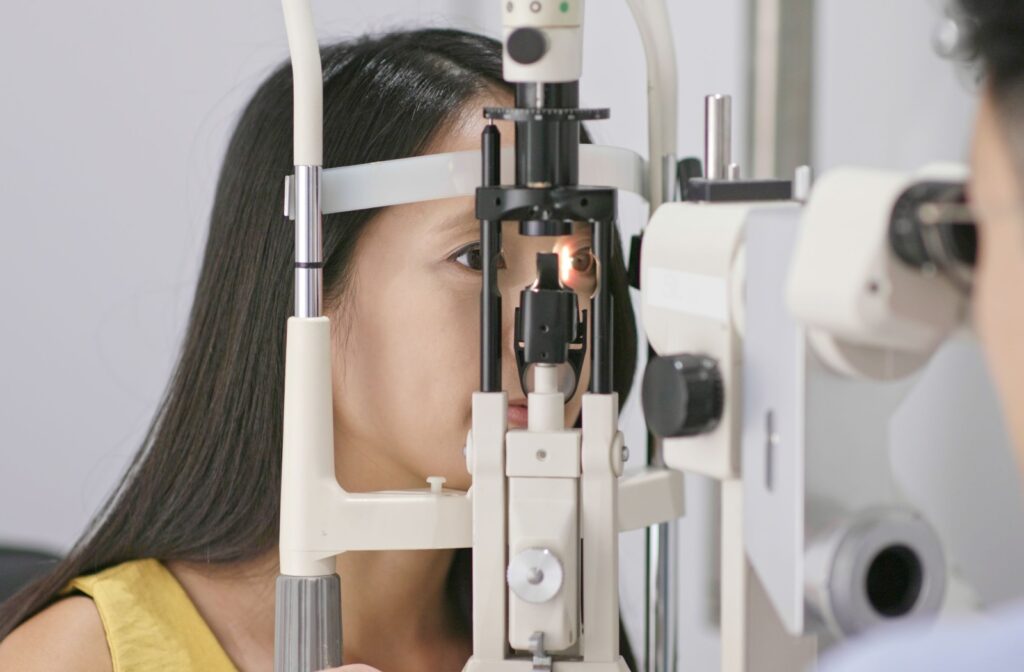
Ortho-K in San Gabriel: Clear Vision Without Daytime Contacts
Here at Golden Vision Optometry in San Gabriel, we use Ortho-K treatments to help you achieve clear vision without the need for aids like prescription glasses or contact lenses.
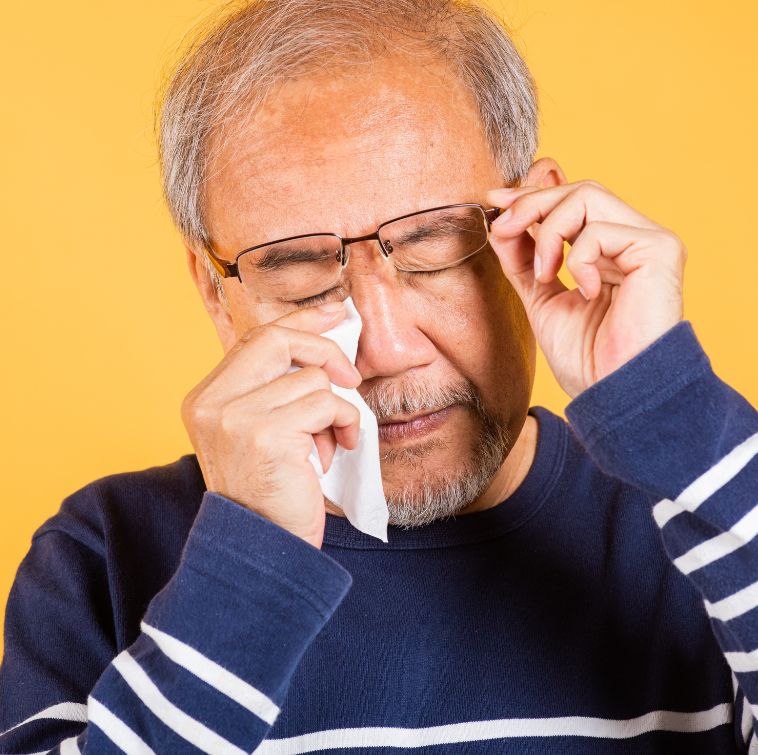
Itchy, Watery Eyes? Here’s How to Tell If It’s Allergies or Something More
Struggling with itchy, watery eyes? Learn how to differentiate between seasonal allergies and more serious eye issues.

10 Signs It’s Time for an Eye Exam
There are many reasons why regular eye exams are so important. Here, we’ll talk about them and discuss the ways your eye health is also connected to your general health.

What Is Myopia and Why Is It on the Rise in Children?
Here we’ll discuss what myopia is, the reasons for its alarming rise in our children, and how early diagnosis and care will protect your child’s eyesight now and into the future.
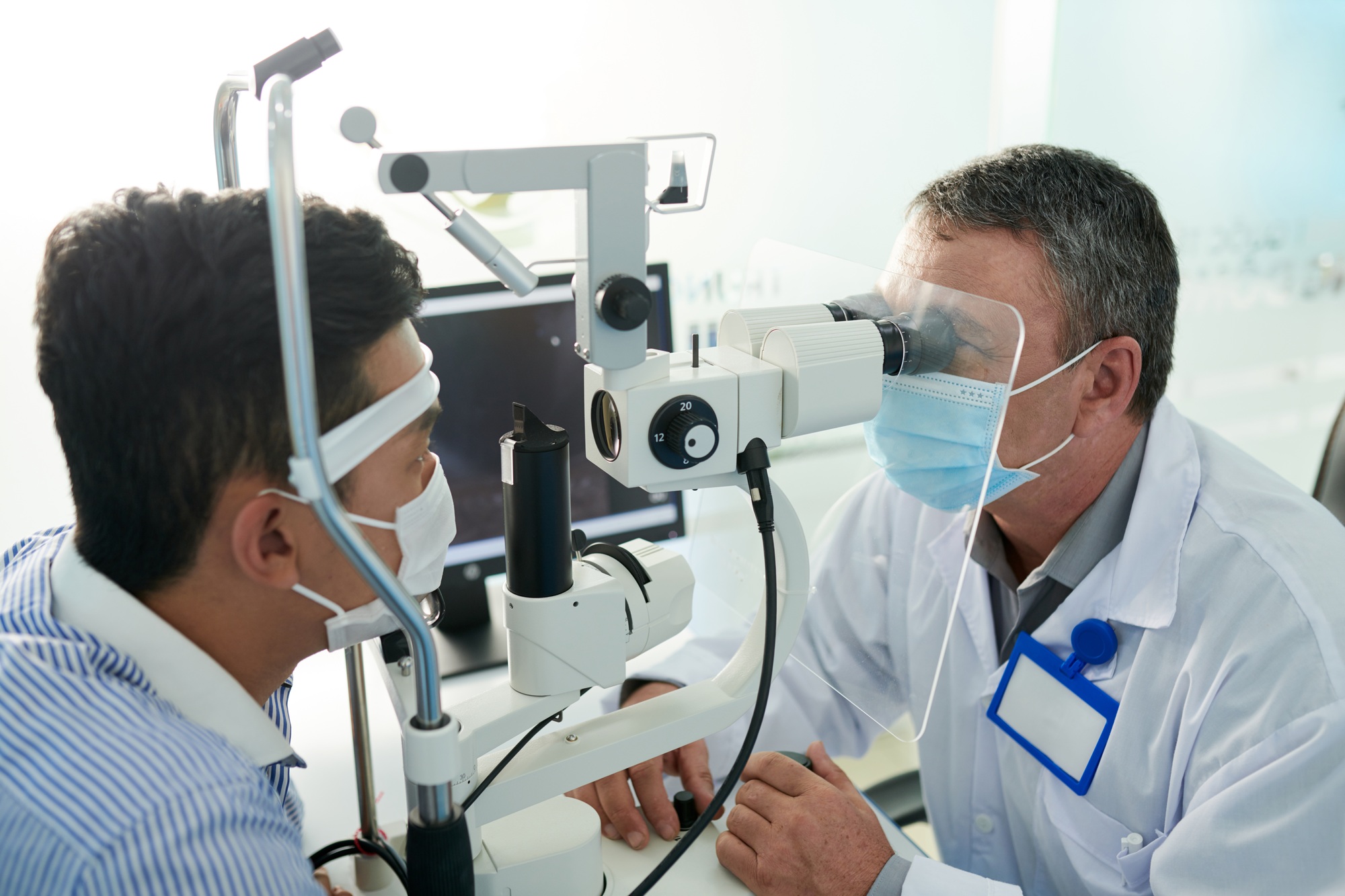
Glaucoma 101: What You Need to Know to Protect Your Vision
Learn the basics of glaucoma, its symptoms, risk factors, and treatments to help protect your vision and eye health.
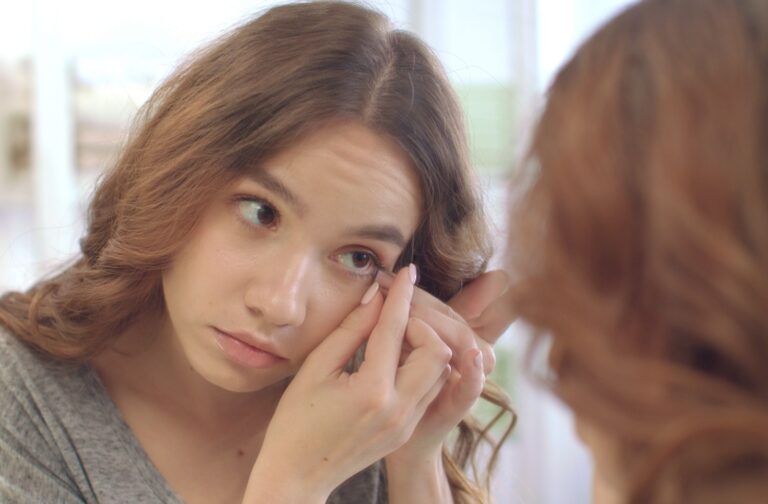
Can You Wear Contacts with Dry Eye?
Discover expert tips from Golden Vision Optometry for wearing contact lenses comfortably, even if you struggle with dry eye issues.
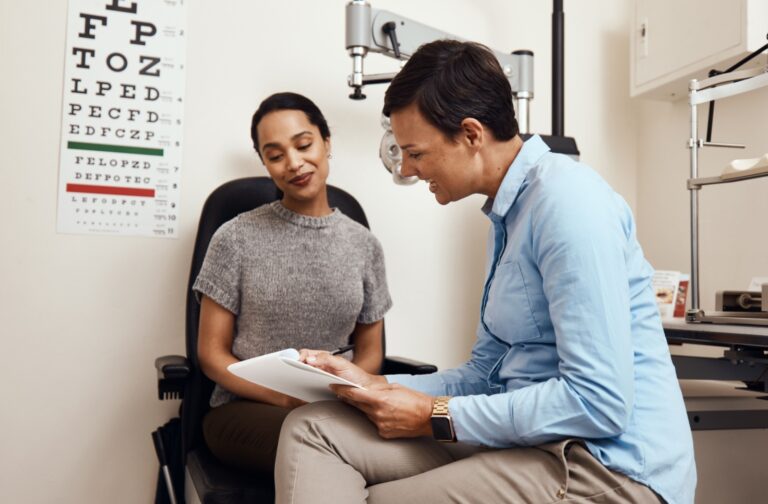
Do I Need an Eye Exam Every Year?
Ever wondered how often you need an eye exam? Learn more about the benefits of comprehensive eye exams with Golden Vision!
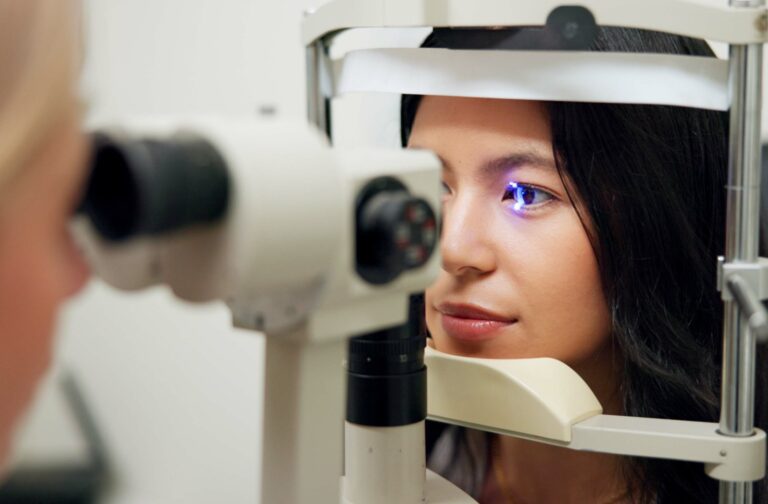
What Diseases Can Be Detected in an Eye Exam?
Learn which diseases can be detected in an eye exam, including both vision and health issues like diabetes, with Golden Vision Optometry in California.

Will Myopia Improve with Age?
Wondering if myopia will improve with age? Learn how myopia progresses and how to manage it with atropine eye drops, MiSight lenses, or ortho-k lenses.

5 Effective Methods for the Natural Treatment of Myopia
Wondering about natural methods to treat myopia? Learn holistic methods to manage myopia like eye exercises & outdoor time with Golden Vision in California.
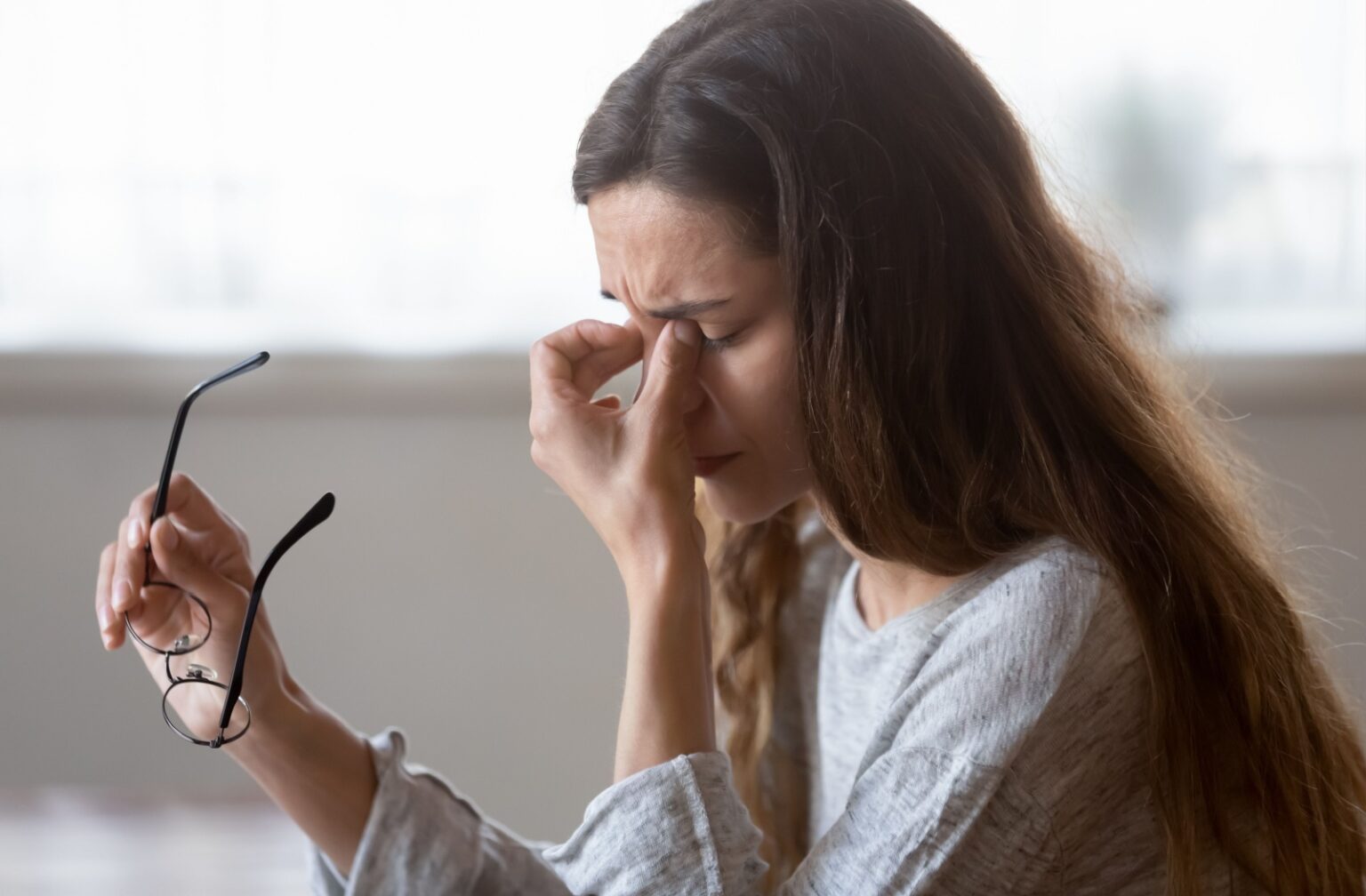
What Are the Best Vitamins & Supplements for Dry Eye?
Dealing with dry eyes? We can help! Learn about the best vitamins and supplements for dry eye, like vitamin C and omega-3 fatty acids, with Golden Vision.

Why Am I Waking Up with Dry Eyes and Blurry Vision?
Discover the causes of waking up with dry eyes and blurry vision, and learn effective solutions from Golden Vision to improve your eye health and comfort.
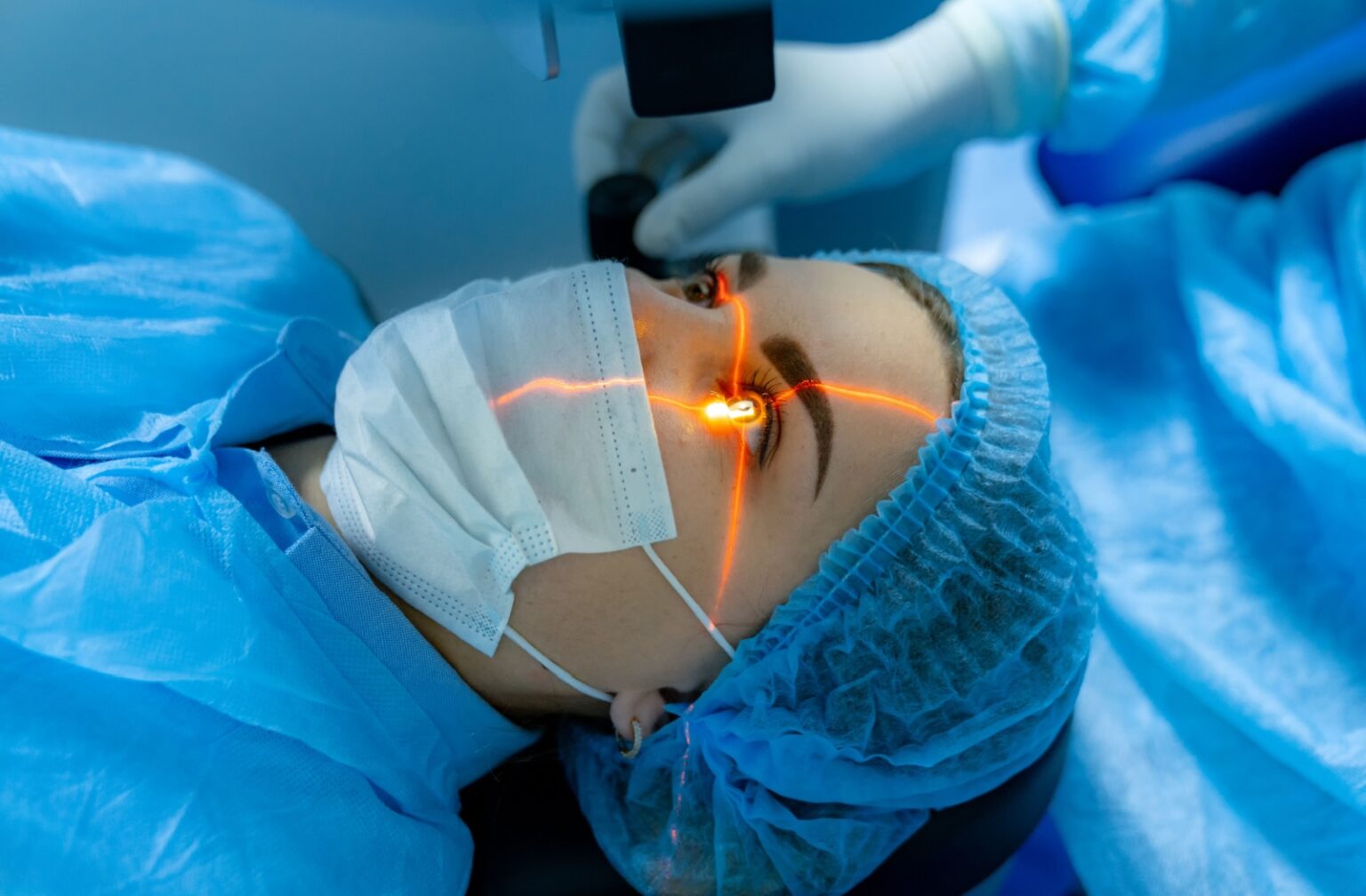
Laser Eye Surgery PRK vs. LASIK: What’s the Difference?
There are 2 main types of laser eye surgery:
LASIK, a precise laser-assisted approach for most general refractive errors
PRK, which is ideal for thinner corneas or unusual curvatures of the eye
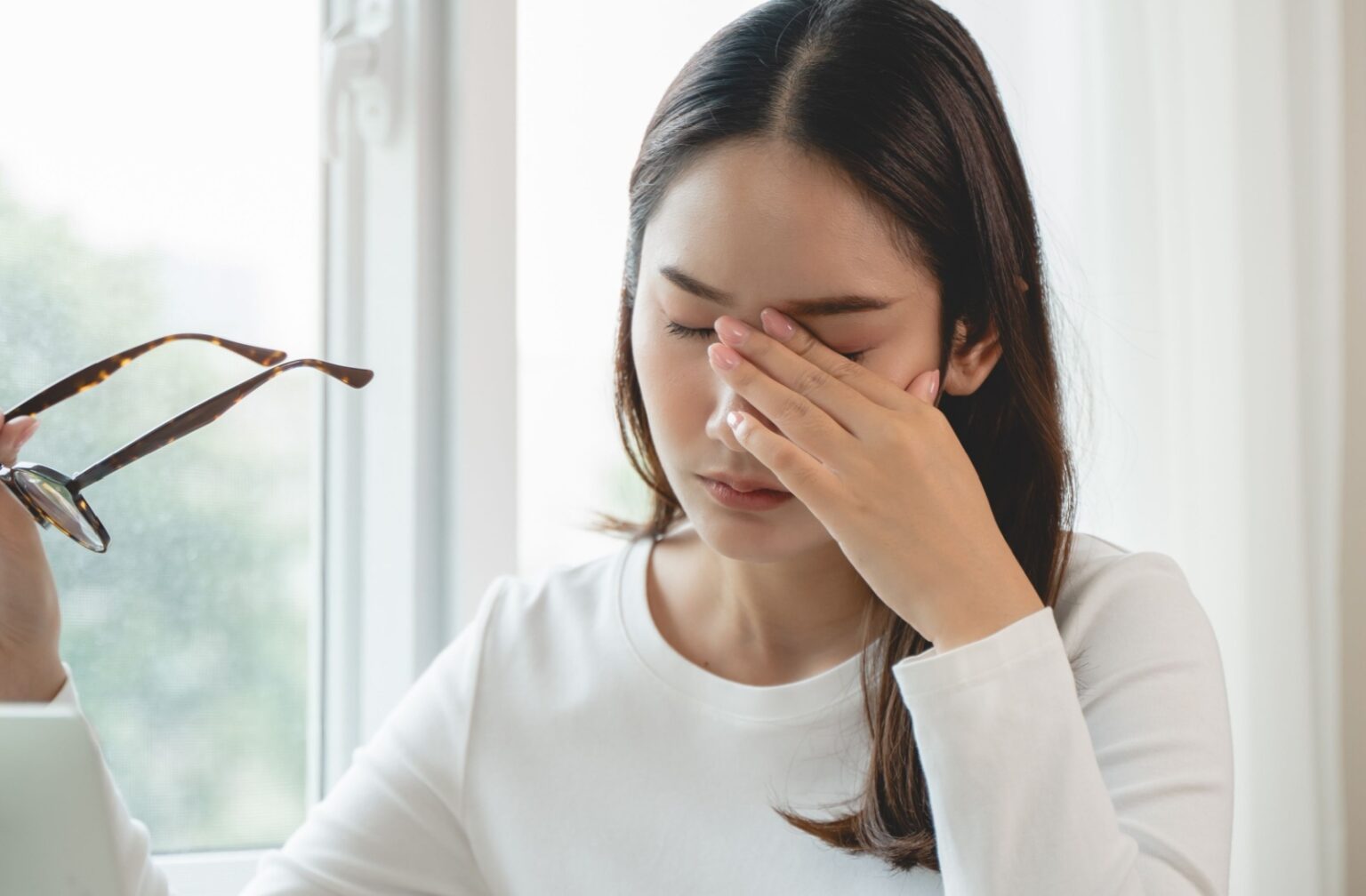
10 Home Remedies for Dry Eye
Struggling with dry eyes and wondering how to manage symptoms at home? Learn more about dry eye home remedies with Golden Vision in San Gabriel, CA.

Why Do My Tears Sting My Eyes?
If your eyes often sting while crying, this could be due to: Your environment, Allergies, Dry eye, Blepharitis
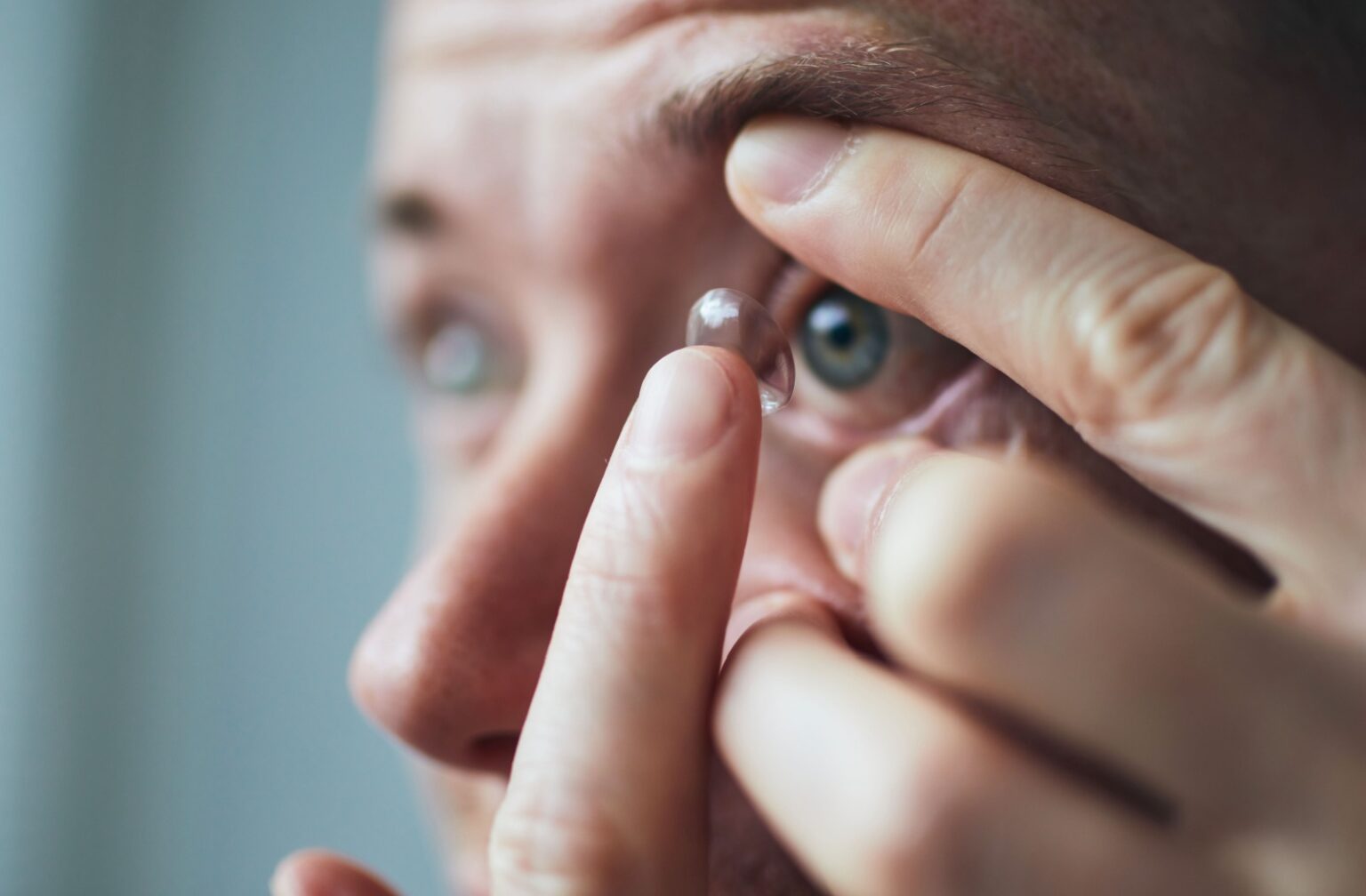
Are Ortho-k Lenses for Adults?
There’s no age requirement for wearing ortho-k lenses but not everyone is a suitable candidate. Learn about the details concerning ortho-k with Golden Vision.

Can You Be Nearsighted and Farsighted?
Learn about refractive errors and how a condition called anisometropia can lead to significant vision problems with the team at Golden Vision Optometry.

What Causes Myopia to Worsen?
Why does myopia (nearsightedness) get worse? Learn more about what causes myopia progression and find out what treatment is available to you from Golden Vision.
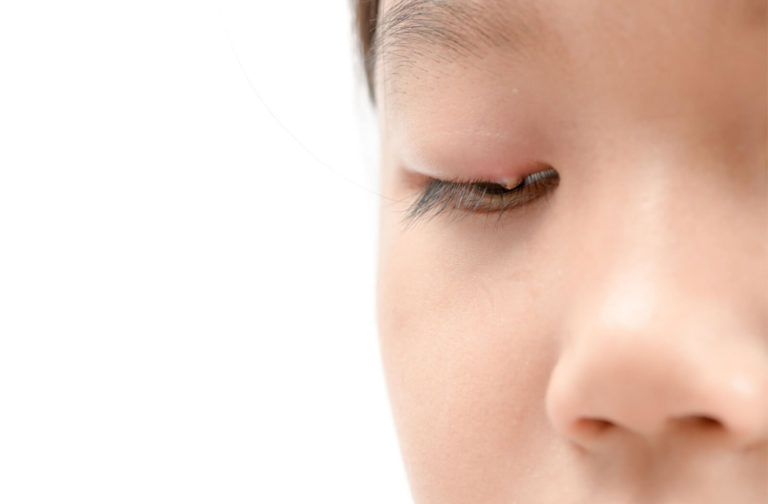
How Long Does Meibomian Gland Dysfunction (MGD) Last?
Wondering how long meibomian gland dysfunction will last? Learn more about MGD treatments such as LipiFlow, OptiLight & TearCare with Golden Vision.

Is IPL for Dry Eye Covered by Insurance?
Learn how to navigate insurance coverage for IPL therapy for dry eye through key factors, steps, and advice from Golden Vision. Visit us for dry eye treatment.
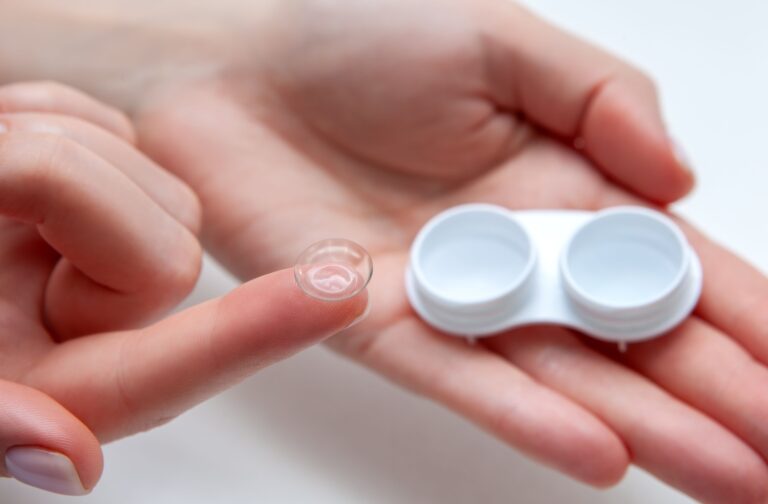
What Are Corneal Reshaping Lenses?
Discover the benefits of corneal reshaping lenses for quick overnight vision correction. Enjoy clear vision all day with Golden Vision. Visit us today!

Overnight Contact Lenses: How Do They Work?
Learn about overnight contact lenses, including how they work, their benefits, and risks with Golden Vision Optometry. Visit us at one of our locations in CA.
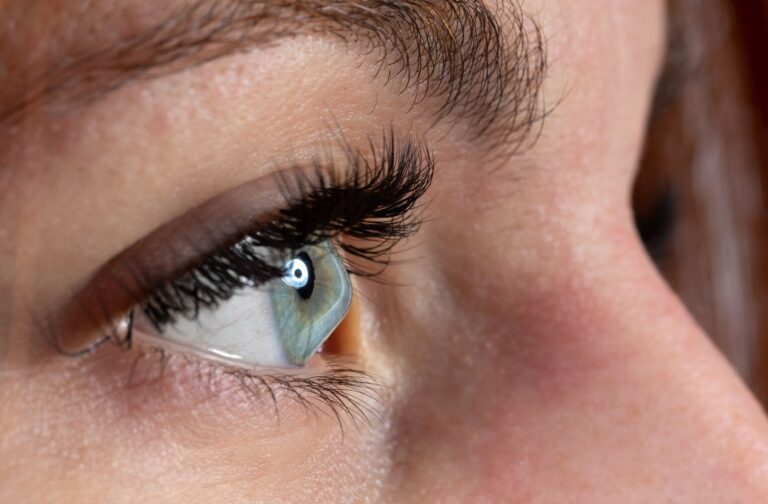
Can Keratoconus Be Cured?
How does keratoconus affect your vision, and is it curable? Read Golden Vision Optometry’s blog to learn more about this condition and if it can be cured.
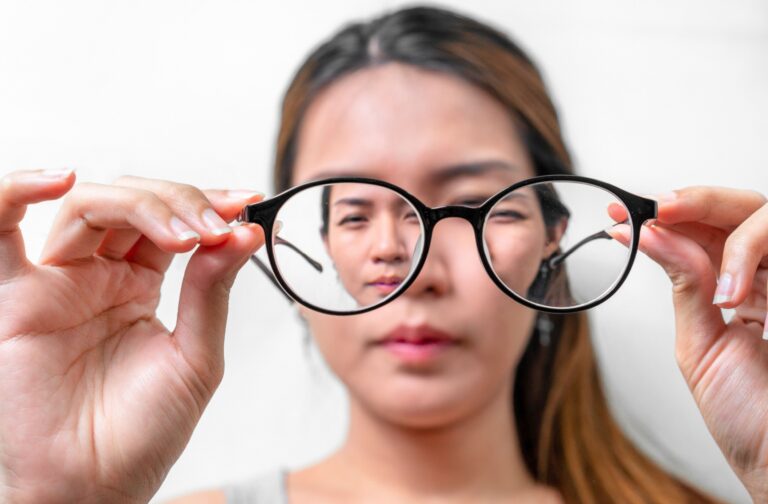
Is Myopia Genetic?
Uncover the genetic connection to myopia at Golden Vision Optometry. Gain expert insights into the hereditary factors of nearsightedness.
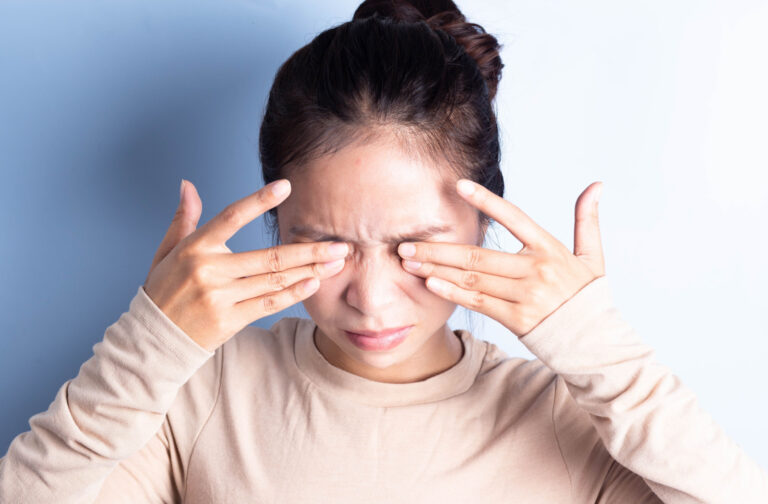
How to Unclog Meibomian Glands
Learn about the meibomian glands, how they can cause dry eyes, and how to get appropriate treatment from an optometrist with Golden Vision in California.

What Is Low-Level Light Therapy for Dry Eye?
There are plenty of treatments out there from low-level various light therapies, to prescription medications, or at-home remedies like eye drops and warm compresses. It all comes down to finding what works for you.

Can Myopia Lead to Blindness? Why Early Prevention Is Necessary
Wondering if myopia can lead to blindness? Learn more as Golden Vision Optometry reviews this refractive error and why early intervention is ideal.
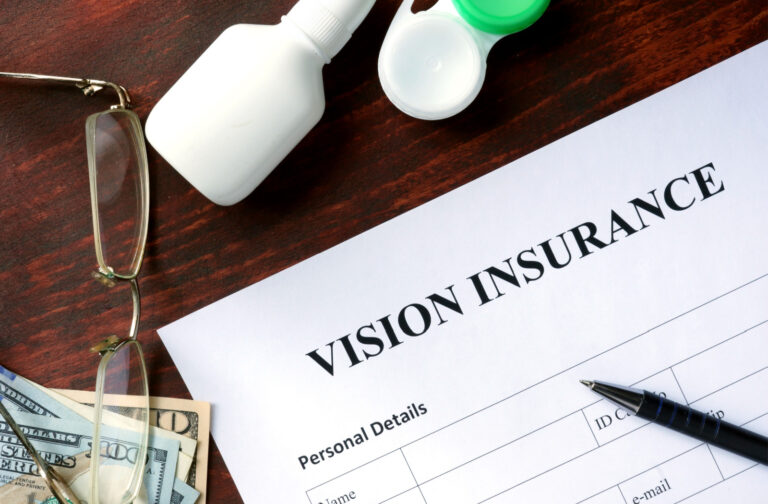
Medical vs. Vision Insurance: What Does It Cover & What Should You Know?
Learn about the difference between medical and vision insurance in California and what services each option may cover with Golden Vision.

How to Prevent Dry Eyes While Sleeping
Learn more about dry eyes and how to prevent them while sleeping by reading Golden Vision Optometry’s latest blog. Visit us in California!
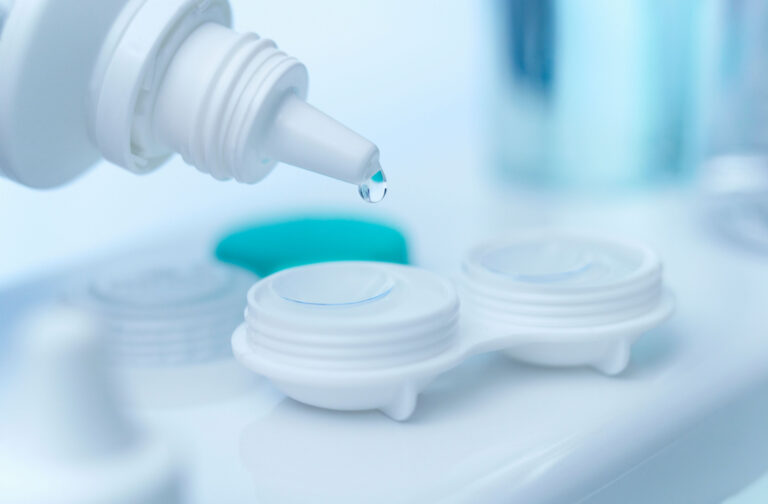
Is Ortho-K Worth It?
How can ortho-k help protect against myopia control? Learn more about myopia and ortho-k, including how it works and if it’s worth it for your child.

Can Eye Strain Cause Dizziness, Headaches, & Vertigo?
Learn about eye strain, why it causes headaches, and how MiWear glasses by Percept may help with Golden Vision Optometry in California.

How Old Do You Have to Be to Wear Contact Lenses?
Learn about contact lenses for children and other specialty forms of myopia control offered by Golden Vision Optometry in California.

Heat Treatment for Dry Eyes: IPL, Warm Compress, & More
What dry eye treatments can help relieve your symptoms with heat? Read Golden Vision Optometry’s blog to learn more about the dry eye treatments available.

Headache & Migraine Glasses: All About MiWear
Golden Vision Optometry in California explains about migraines and how MiWear glasses can help reduce uncomfortable visual symptoms that go along with them.

7 Ways to Manage Progressive Myopia
How can you manage progressive myopia? Learn more about this eye condition, including available treatments by reading Golden Vision Optometry’s latest blog.
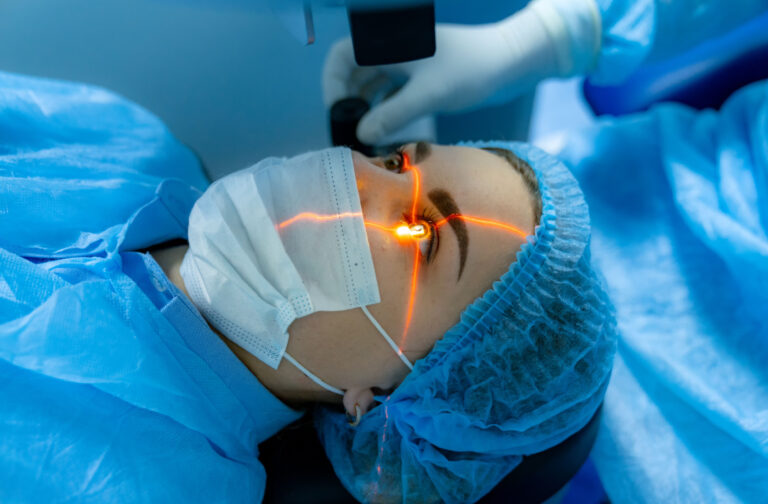
Is LASIK Worth It?
How worth it is LASIK? Learn more about laser eye surgery, including what it is, how it works, and what to expect.
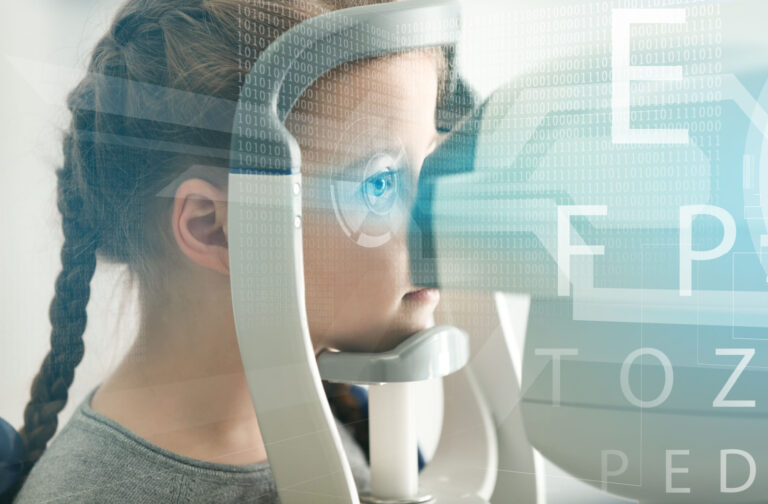
What Is High Myopia and How Can It Be Treated?
Golden Vision explains what high myopia is and how it can be treated using multifocal spectacles, ortho-k lenses, and repeated low-level red light therapy.
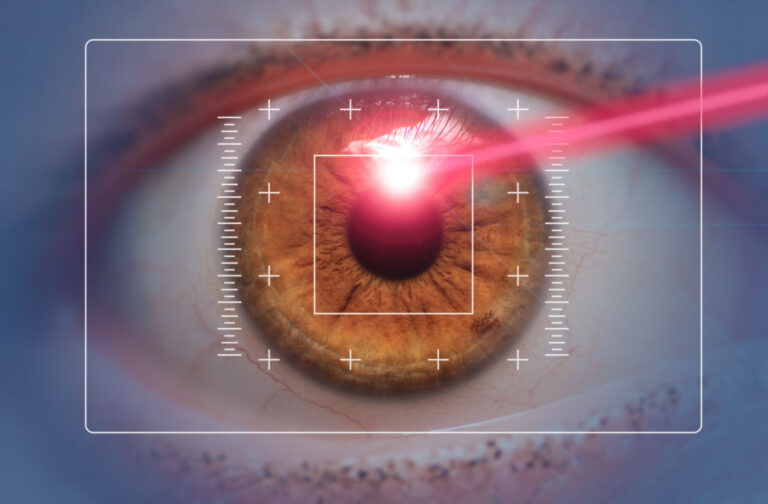
What Is SMILE Eye Surgery?
Wondering about SMILE eye surgery? Learn how this minimally invasive eye surgery can correct high myopia with little recovery time in only 30 seconds.

EVO ICL vs. LASIK: Which Laser Eye Surgery Is the Right Option for You?
Wondering which laser surgery option is best for you? Learn more about your choices as Golden Vision Optometry compares EVO ICL and LASIK.

Astigmatism vs. Myopia: What’s the Difference? Signs, Symptoms, and Treatments
What’s the difference between astigmatism and myopia? Learn more about these eye conditions and how to treat them from Golden Vision Optometry.

How to Manage Dry Eyes While Wearing Contacts
Discover how to manage dry eyes while wearing contacts with Golden Vision Optometry’s expert advice on causes, symptoms, and effective treatments. Read more.

What Is Intense Pulsed Light (IPL) Therapy for Dry Eye?
Do you have dry eyes? Learn more about finding lasting relief from dry eye disease with intense pulsed light (IPL therapy at Golden Vision in California.”
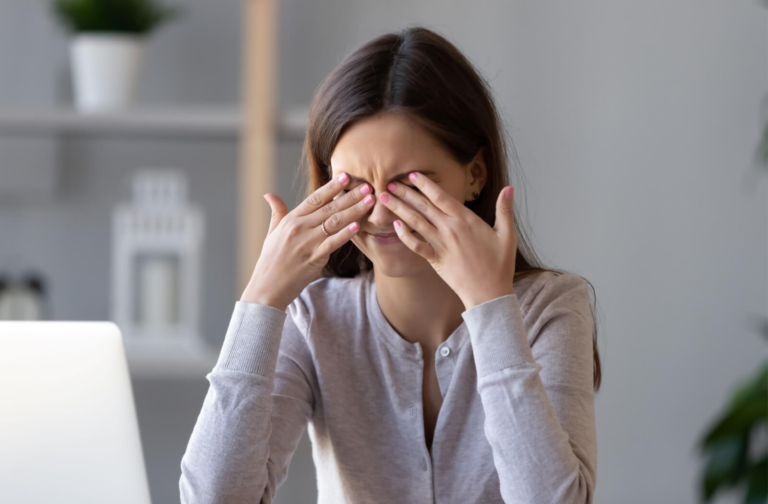
Can Allergies Cause Dry Eyes?
Are your allergies causing dry eyes? Learn more about the causes of your dry eye symptoms and o treatment options available at Golden Vision in California.

All About Atropine Eye Drops for Myopia Control
Curious how atropine helps control myopia in children? Read Golden Vision’s blog to uncover how our eye doctors measure myopia progression and use atropine.
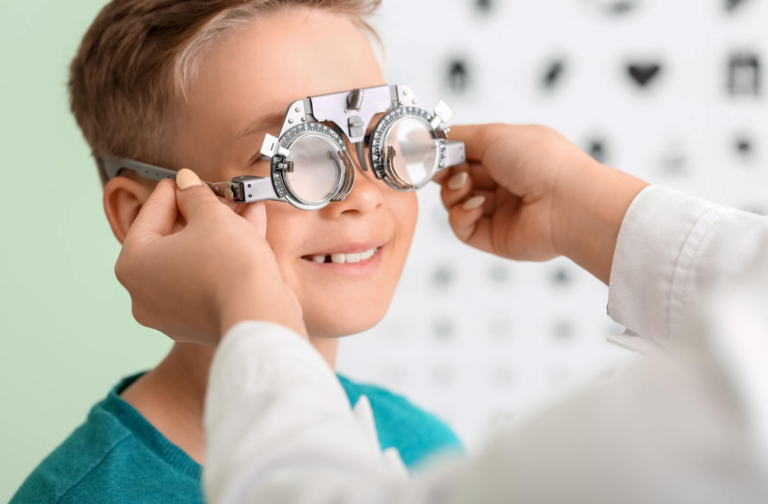
What Is Orthokeratology?
Wondering about orthokeratology? Learn about how ortho-k lenses can control myopia in children including CRT, GOV, ACUVUE Abiliti, and MiSight from Golden Vision.
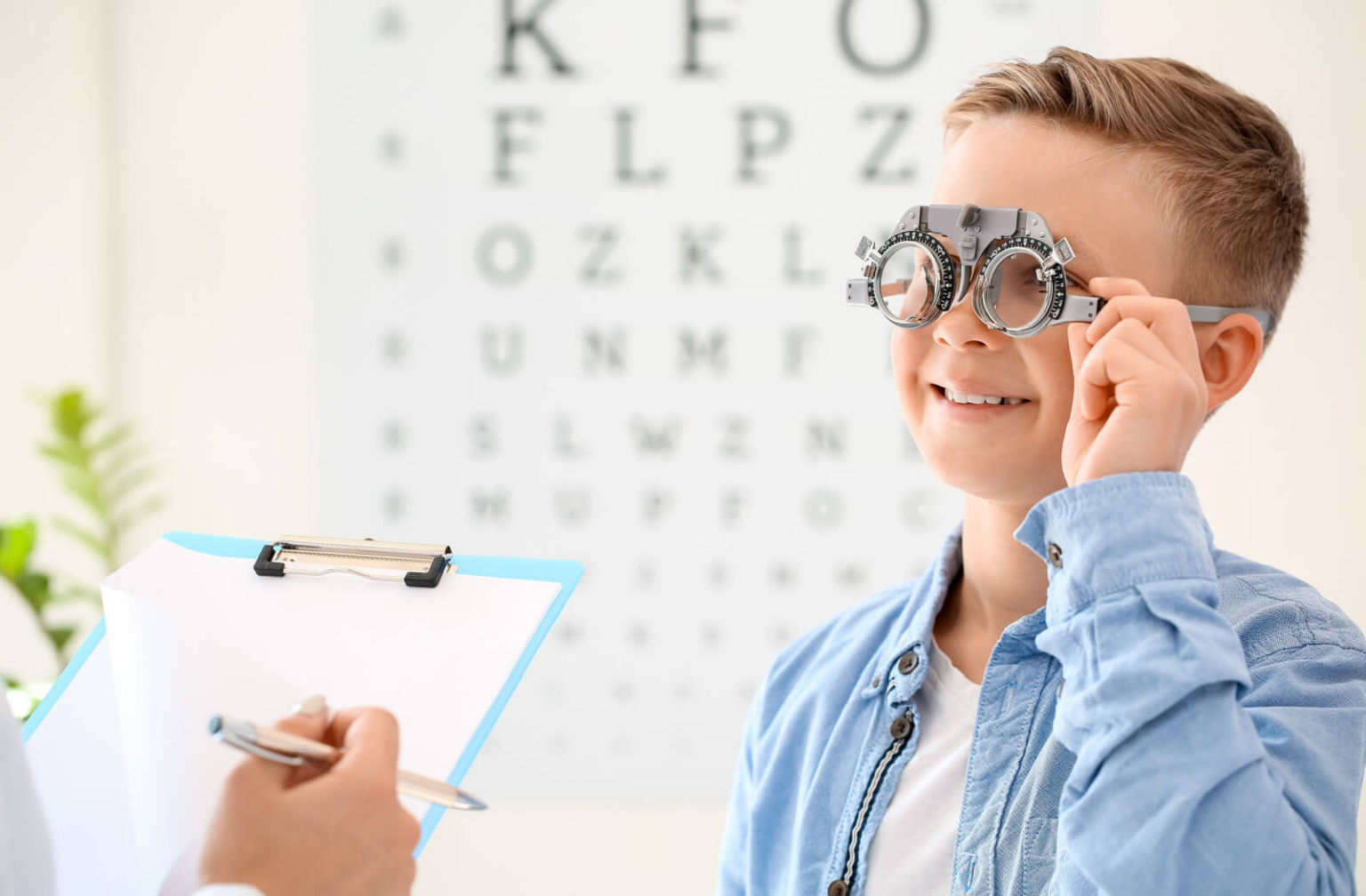
MiYOSMART Lenses: How Do They Work?
Golden Vision in California explains the myopia management options available worldwide and how they work, such as MiYOSMART, Essilor Stellest, and MiSight lenses.
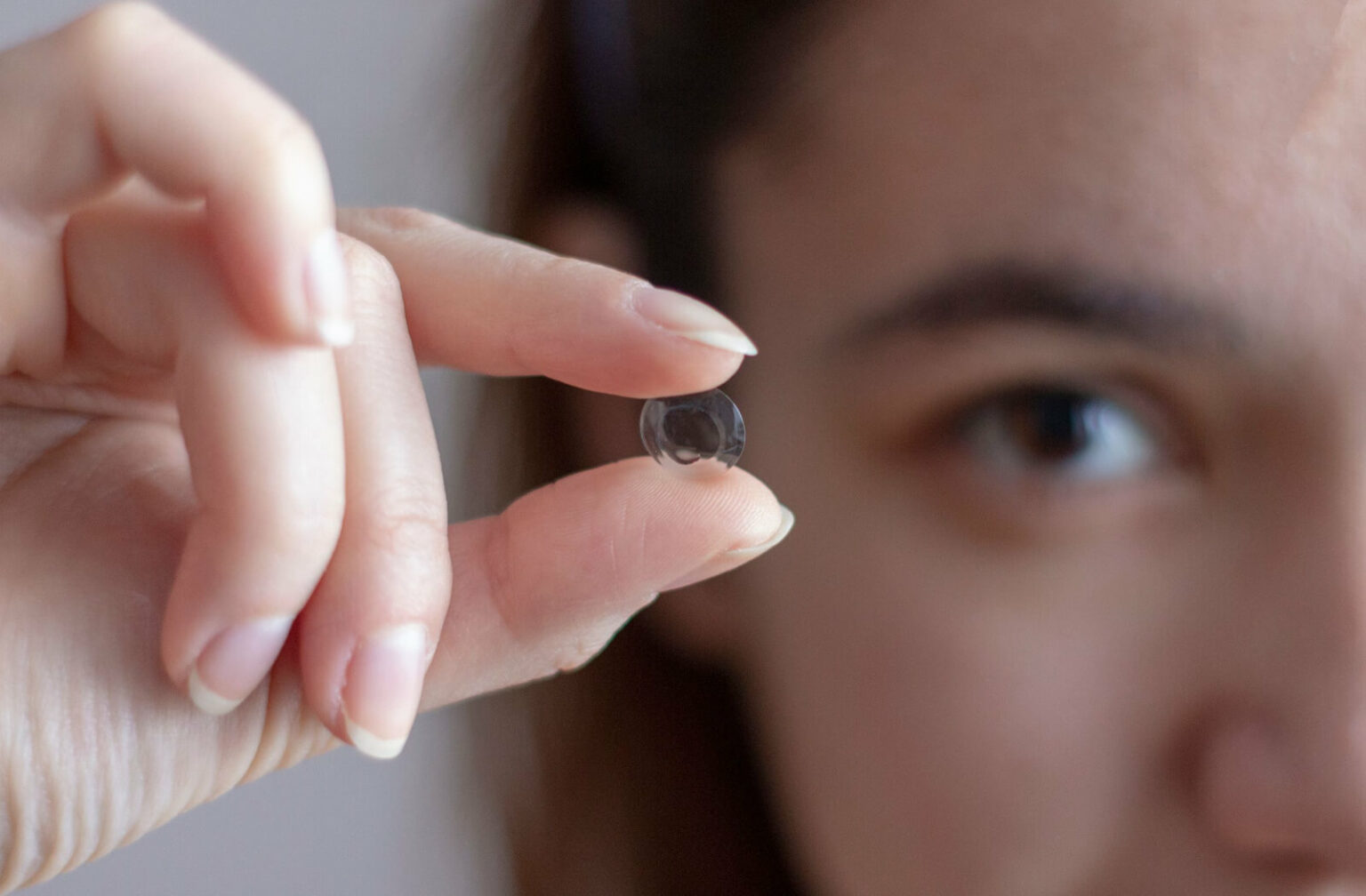
Ortho-K Lenses: How Do They Work?
Golden Vision Optometry in California explains how ortho-k lenses work and how they can address eye conditions such as myopia, astigmatism, and hyperopia.
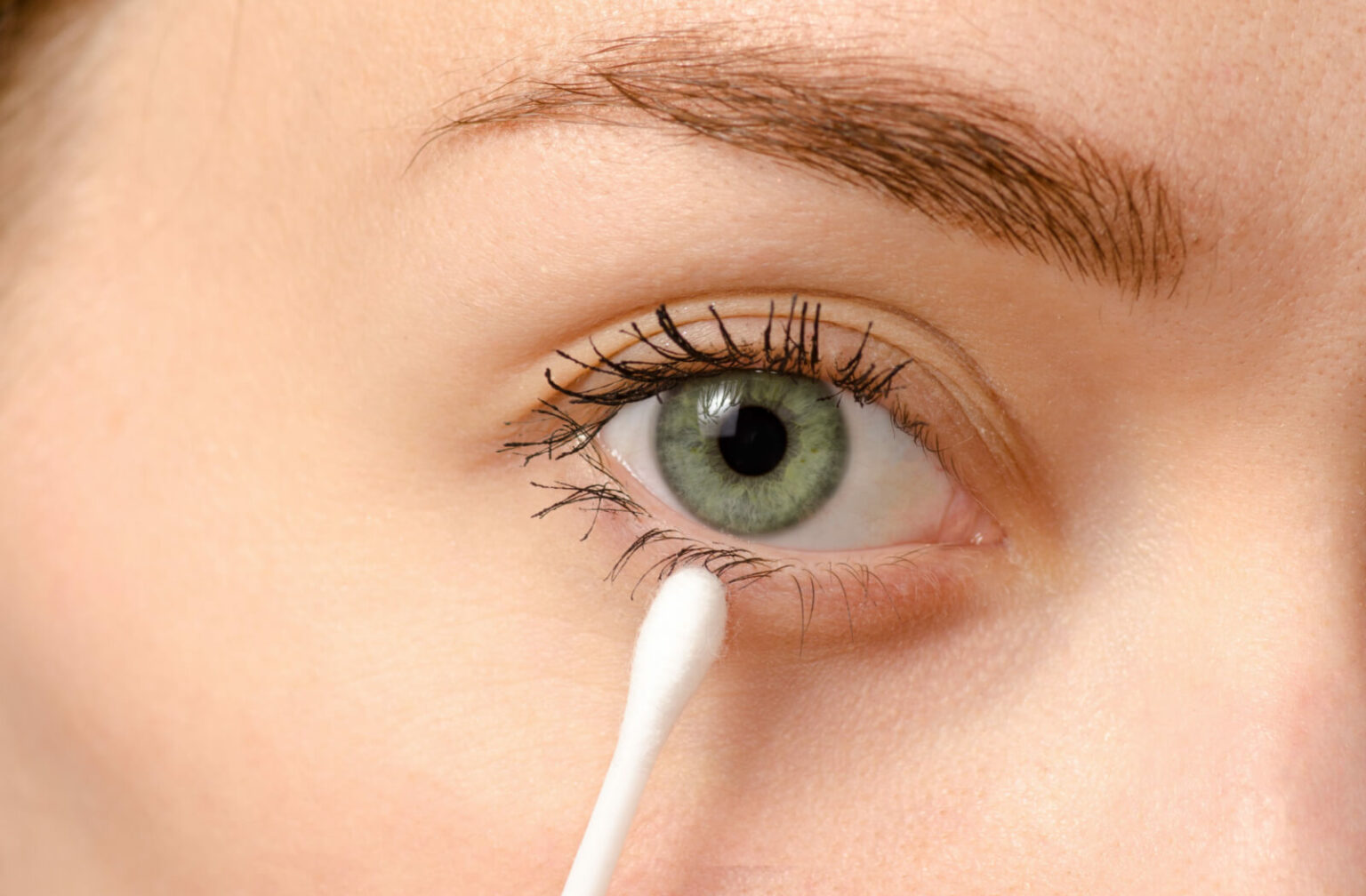
Eyelid Hygiene: Why It’s Important to Your Overall Eye Health
Wondering why eyelid hygiene is important for eye health? Learn how eyelid hygiene reduces your risk of infection with Golden Vision Optometry in California.
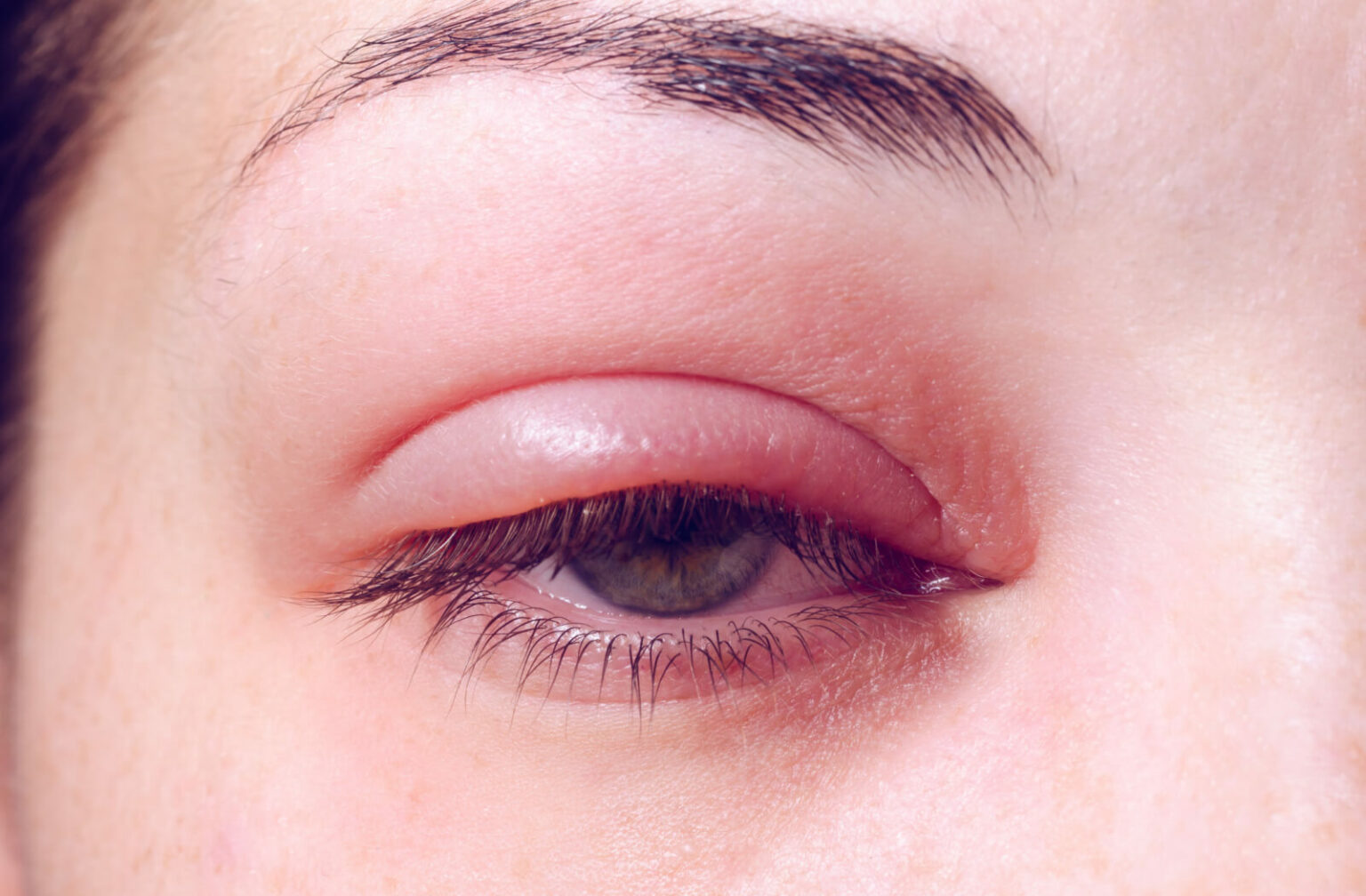
TearCare vs LipiFlow: What’s the Difference?
Learn more about TearCare and LipiFlow treatment for dry eye caused by meibomian gland dysfunction, including their differences with Golden Vision Optometry.

What Is the Difference Between Nearsighted and Farsighted?
Nearsightedness and farsightedness are common vision conditions where a person experiences blurred vision either up close or at a distance. Early diagnosis and treatment can help maintain good vision and eye health.
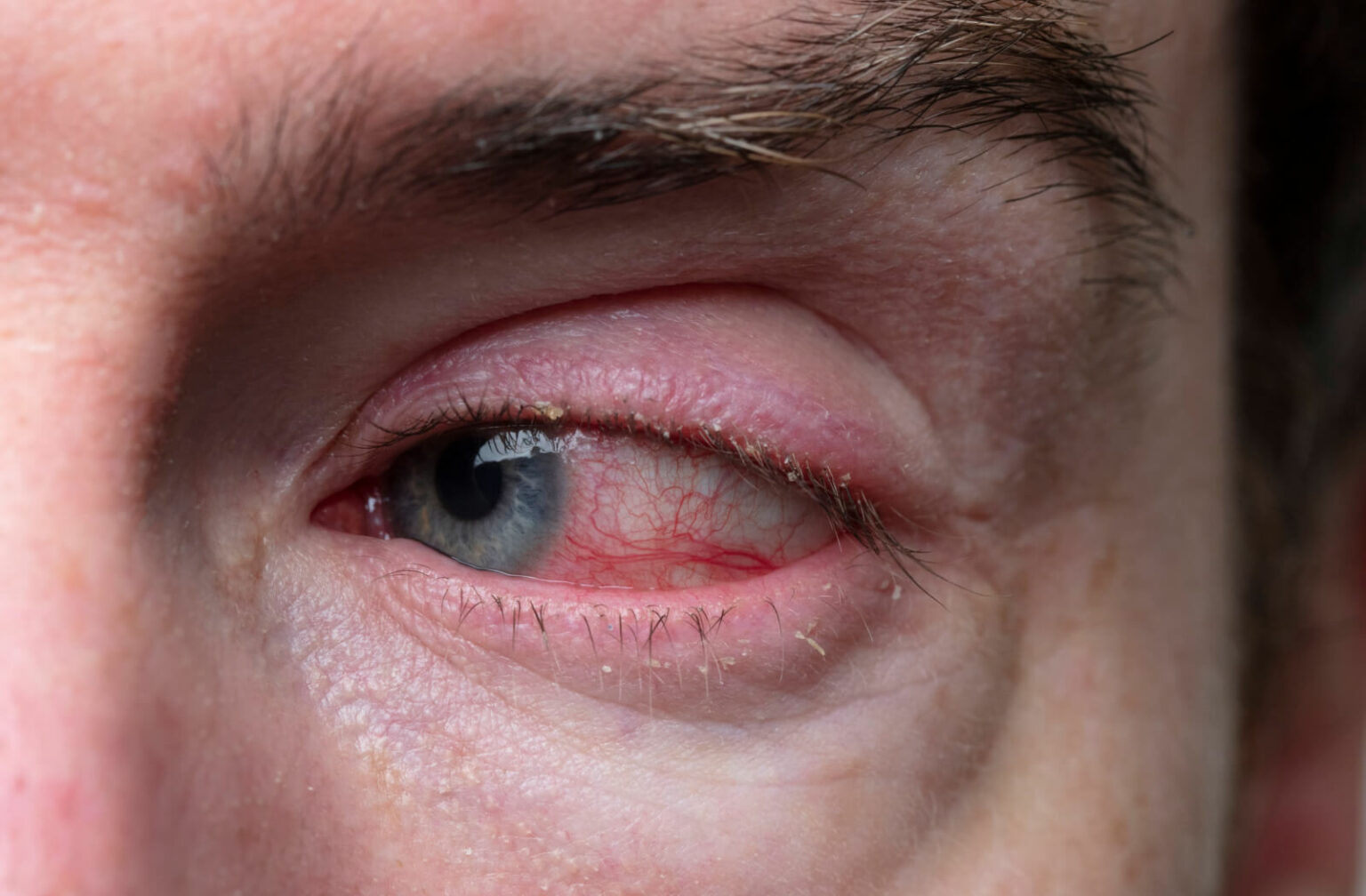
Is Blepharitis Contagious?
Blepharitis results from a buildup of bacteria in the eyelid, but luckily it’s not contagious. Golden Vision discusses blepharitis in detail here.

Why Are My Eyes Dry when I Wake Up?
Wondering why your eyes are dry when you wake up? Learn about the causes of dry eye disease and how to treat it at night with Golden Vision Optometry.”
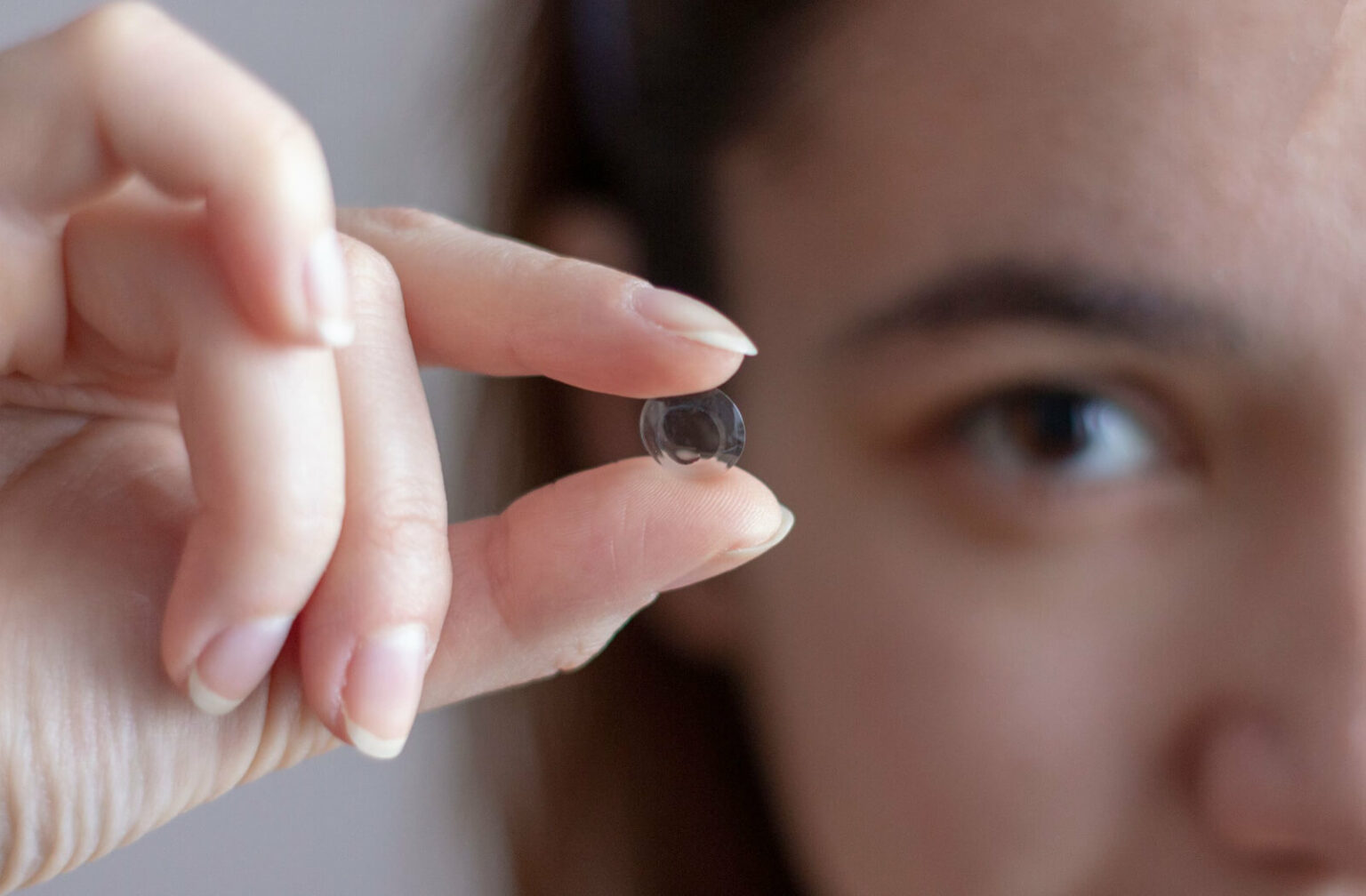
How to Prevent Myopia from Worsening
At this time, there is no permanent cure for myopia. However, some treatments have been proven to slow the progression of myopia.
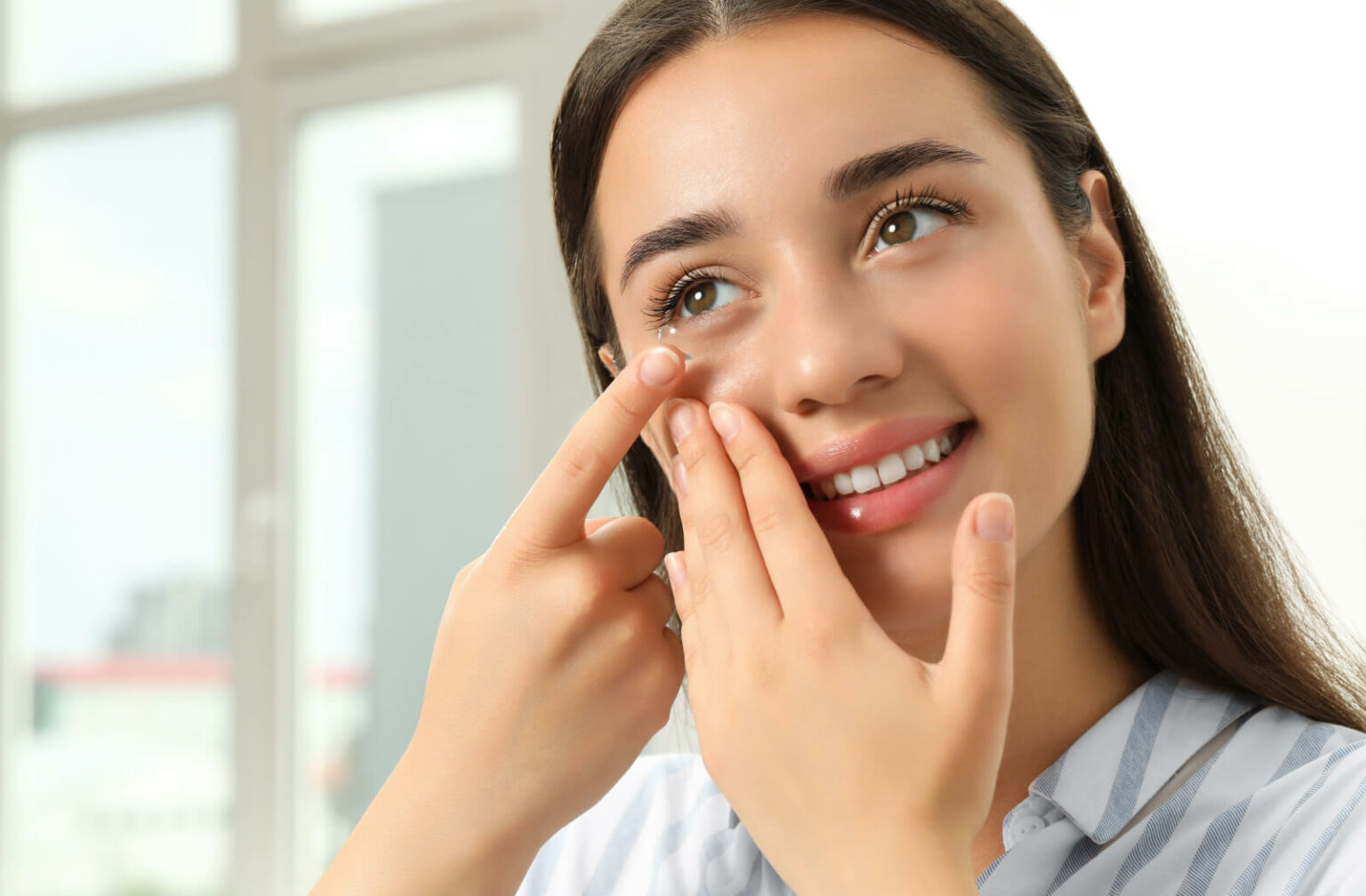
What Are the Best Contact Lenses for Dry Eye?
Wondering what the best contact lenses are for dry eye? Learn more about types of contacts that can help you navigate dry eye at Golden Vision in California.

MiSight vs Ortho-K Contact Lenses: What’s Right for You?
As California’s leaders in myopia control, our team at Golden Vision is here to explain the difference between MiSight and ortho-k lenses. Learn more today!
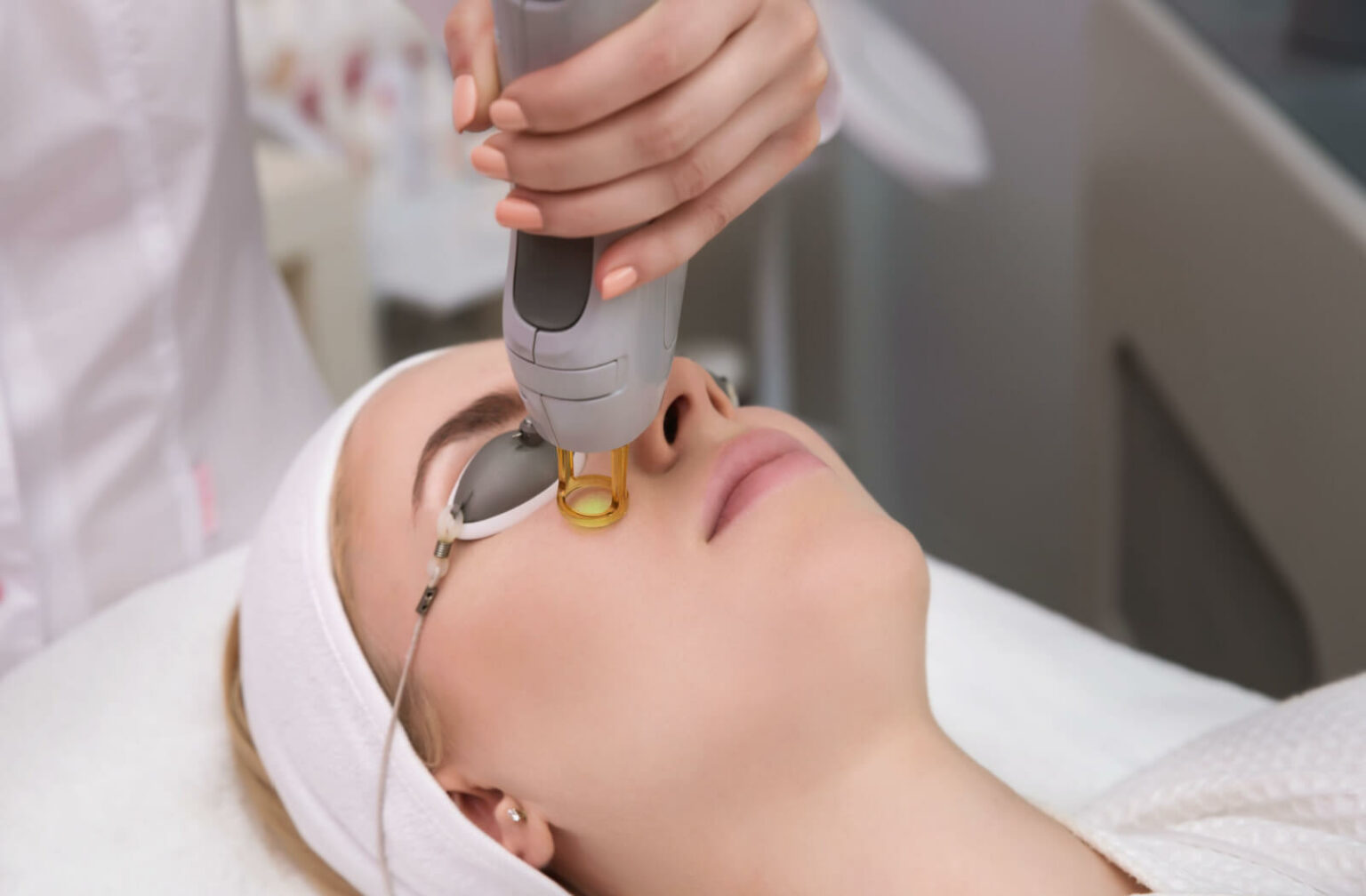
What Is the OptiLight Dry Eye Treatment?
For severe and chronic dry eyes, advanced dry eye treatments can provide relief. Learn more about OptiLight dry eye treatment from Golden Vision.
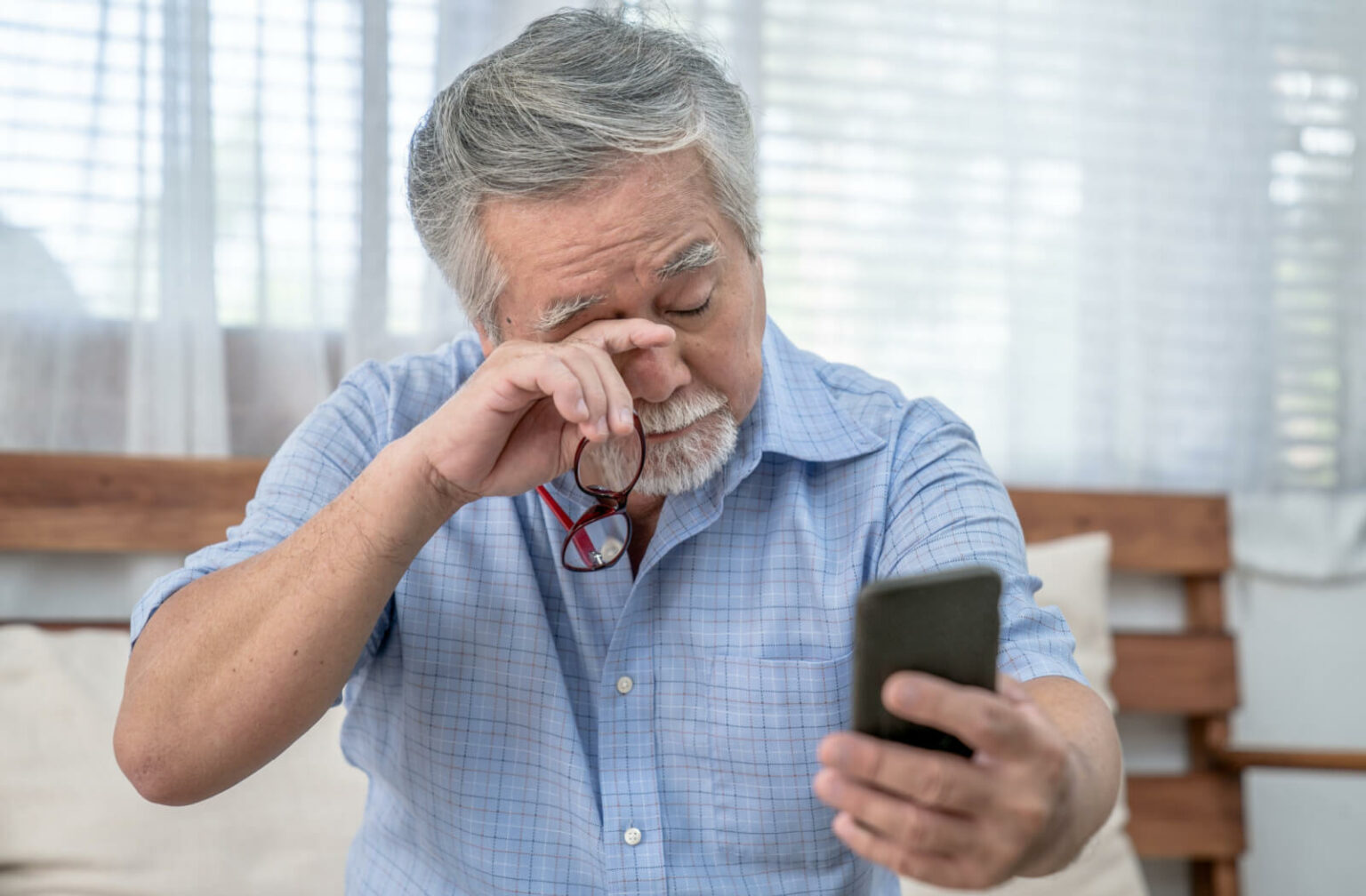
Does Myopia Get Worse with Age?
Does myopia get worse with age? Learn how nearsightedness develops and why myopia can impact lifelong eye health. Discover myopia control with Golden Vision.

What Are Scleral Contact Lenses?
Table of Contents Introduction Glasses may have been the only option for people with specific eye problems. But now, there are specialty contact lenses for
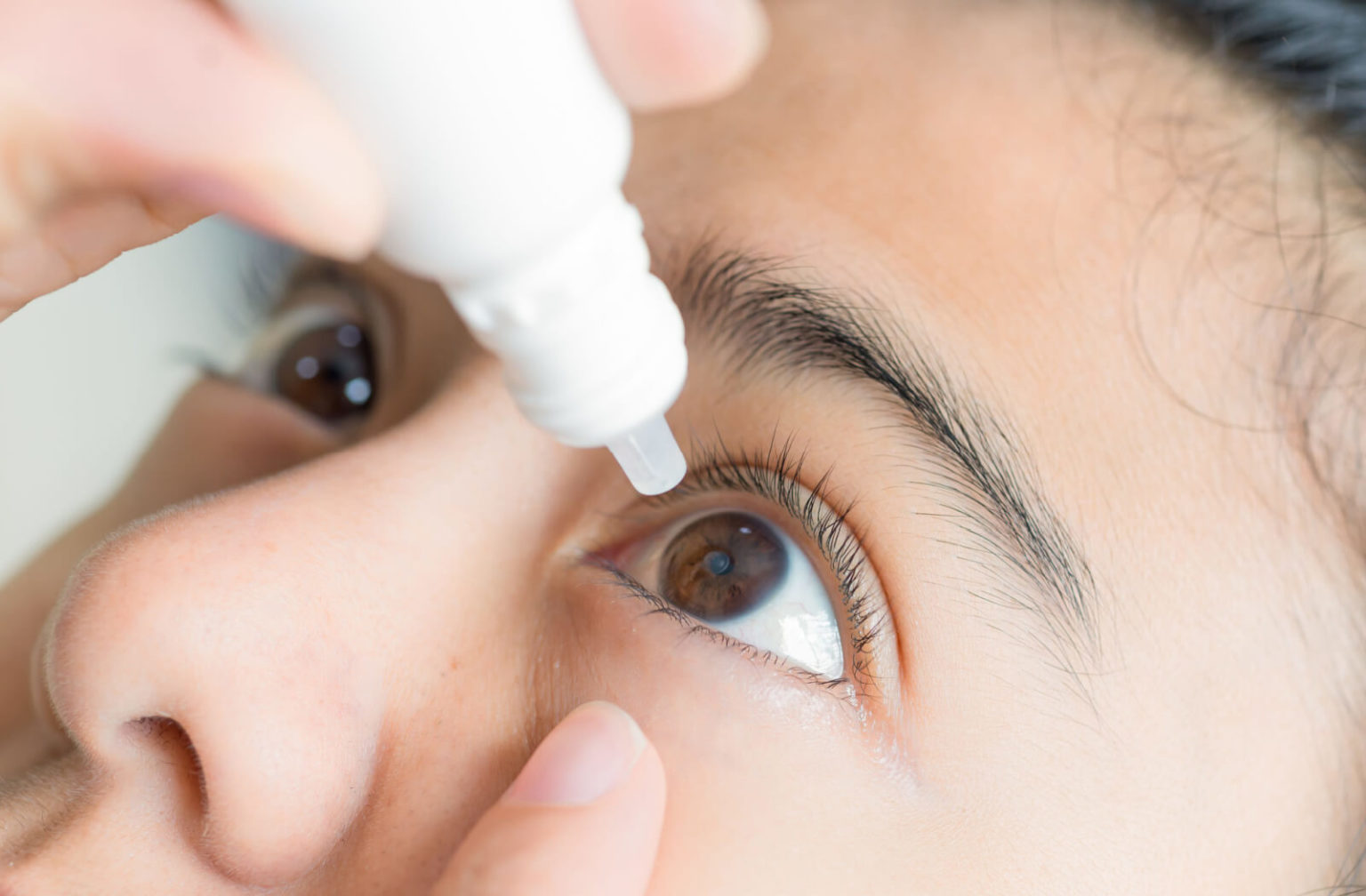
How Does Atropine for Myopia Control Work?
Wondering how atropine eye drops word for myopia control? Read on as we discuss what myopia is and how atropine can help some people.

LipiFlow Dry Eye Treatment: How It Works
LipiFlow is a treatment eye doctors recommend to relieve dry eye symptoms caused by increased tear evaporation.
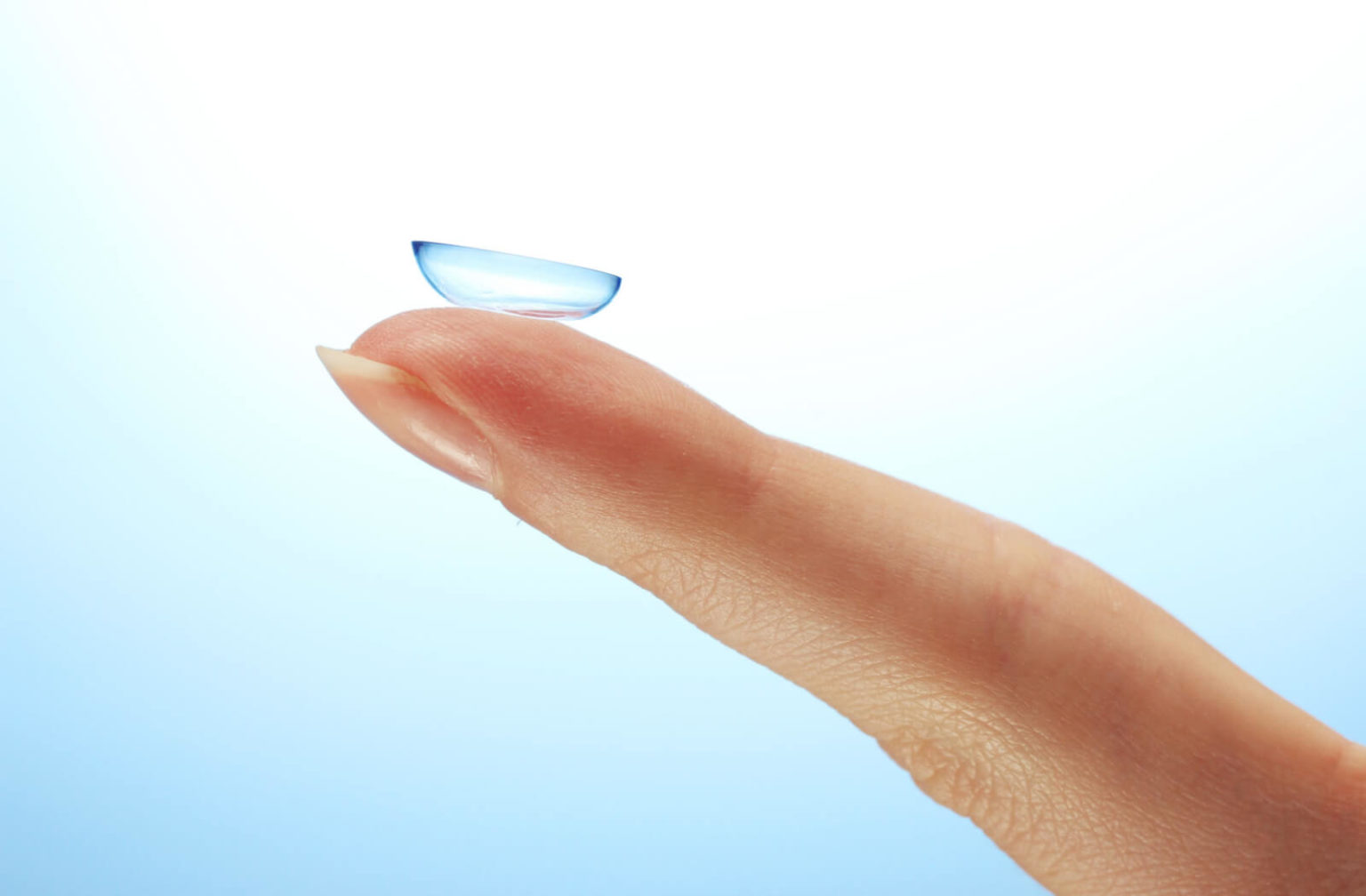
Myopia Control Contact Lenses: How They Work
Treatment of myopia includes correcting the refractive error with glasses and contact lenses that help refocus light onto the retina resulting in clearer vision.

Myopia Control Glasses: How They Work
Wondering how myopia control glasses work? Learn more about what myopia is, the symptoms, & how myopia control glasses can help at Golden Vision in California.
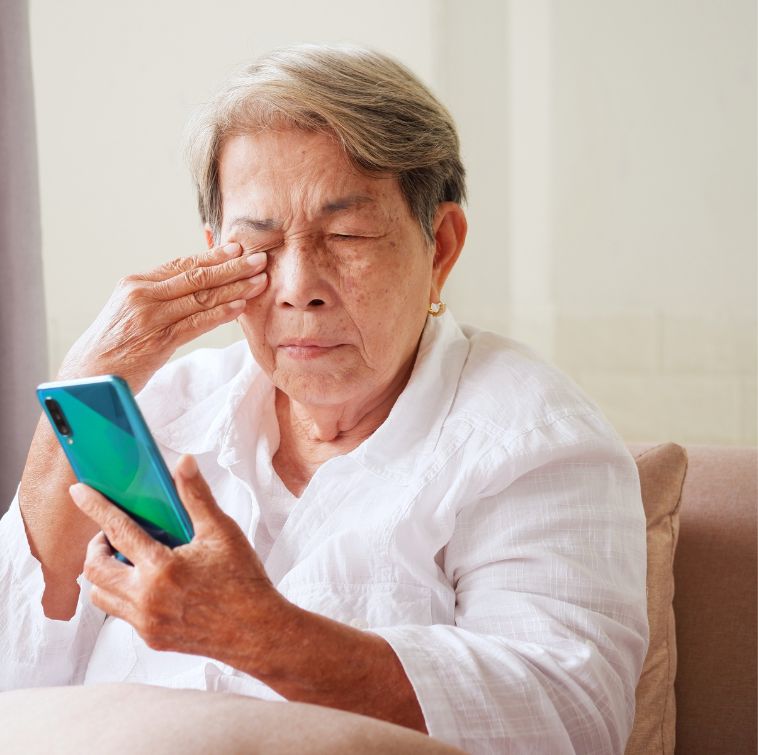
OptiLight by Lumenis in California
OptiLight by Lumenis is a light-based, non-invasive treatment done in the area below the eyes to manage dry eye.

